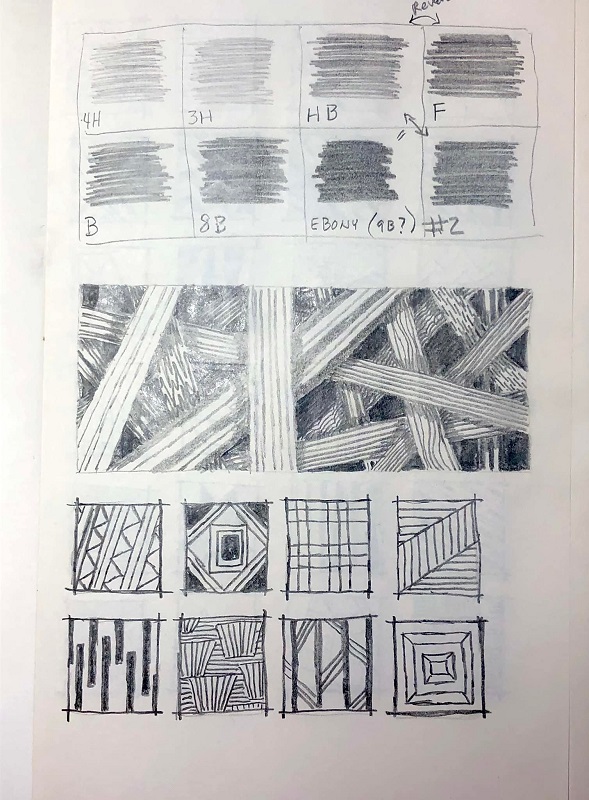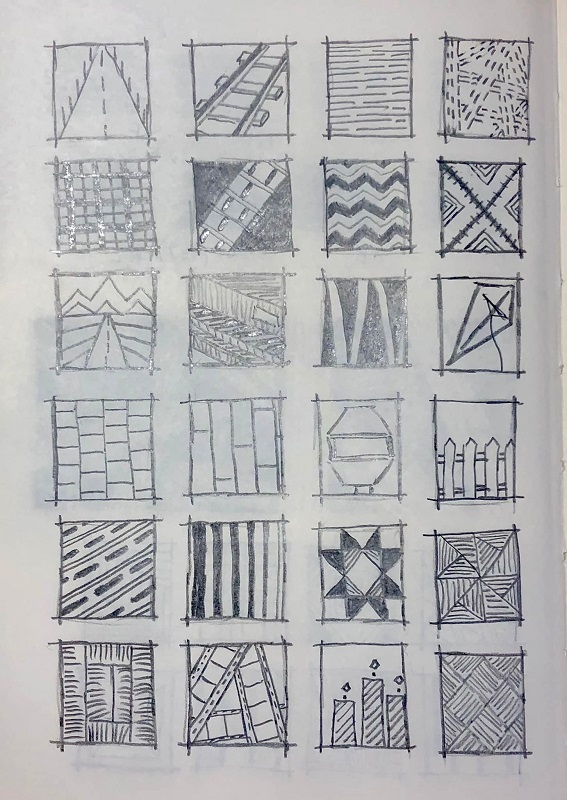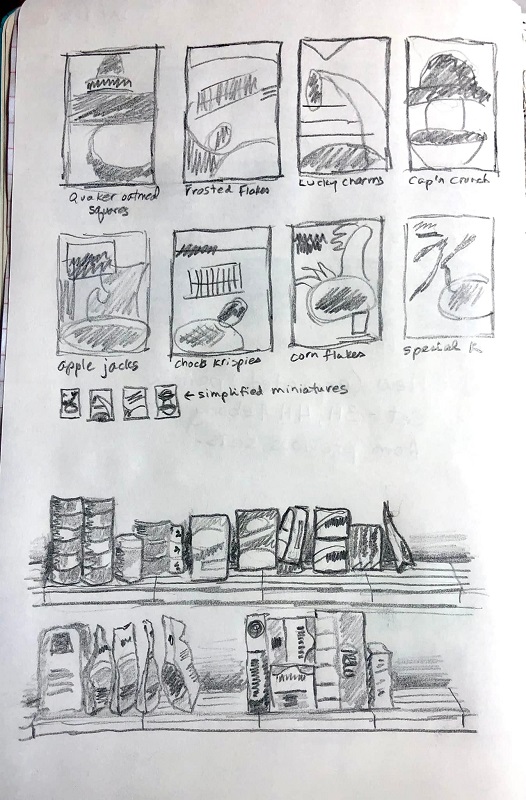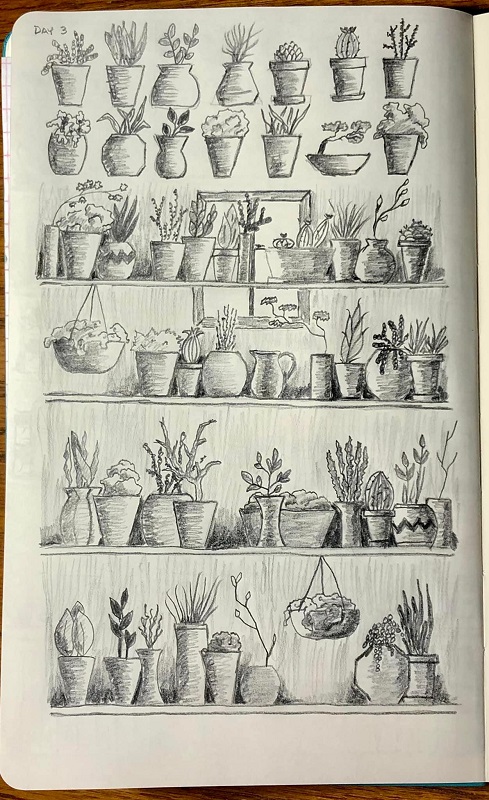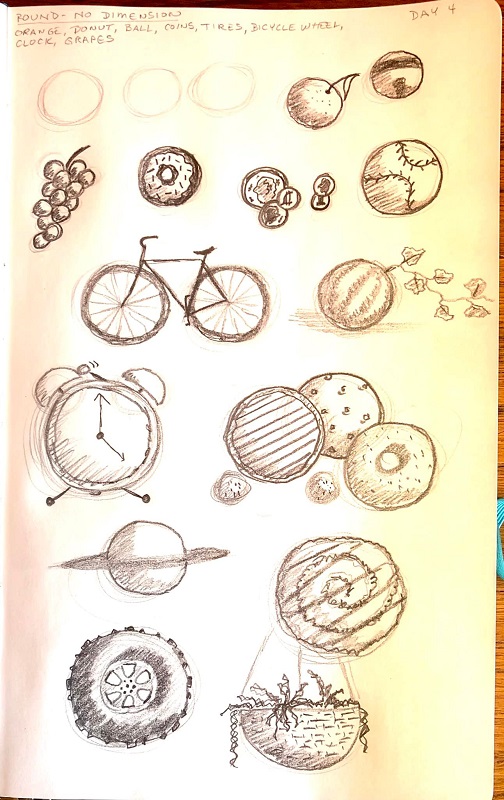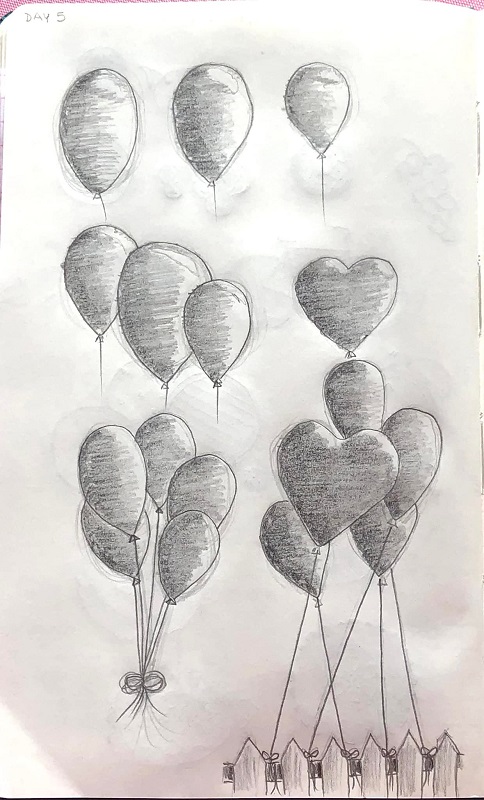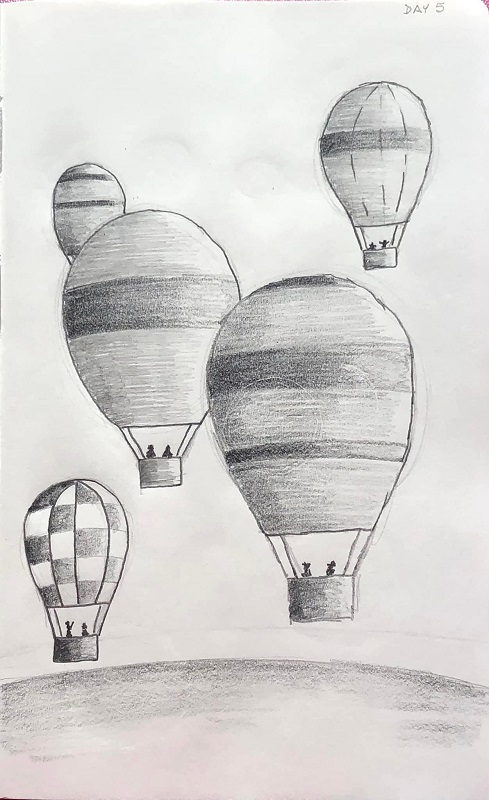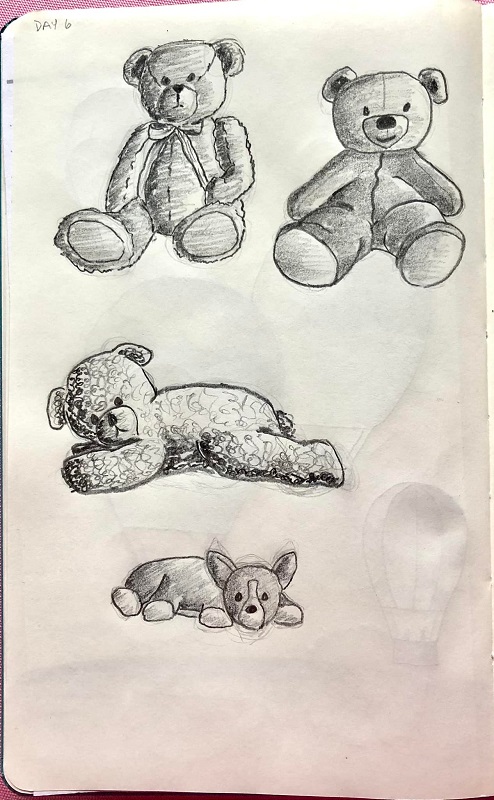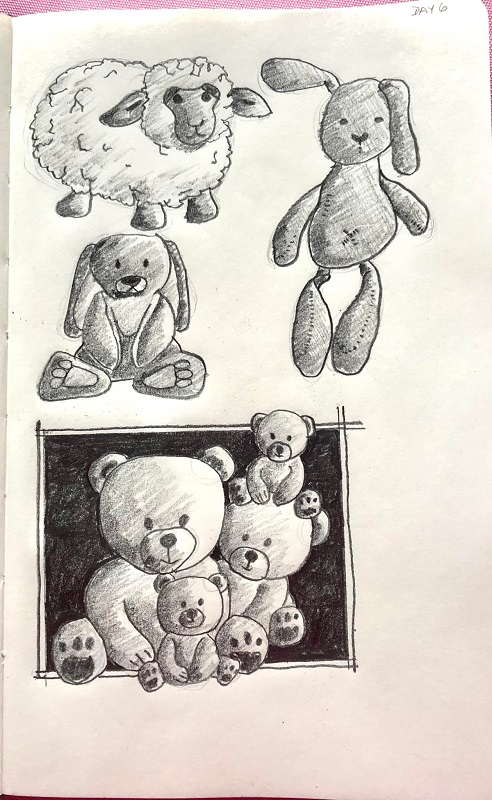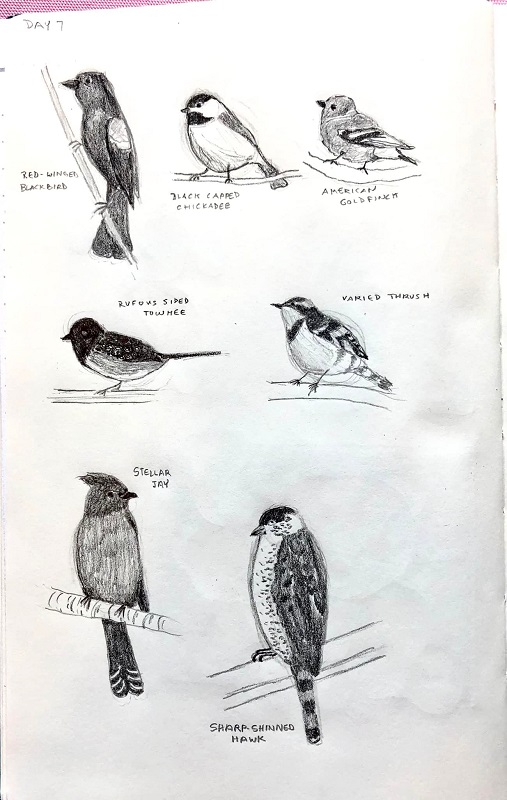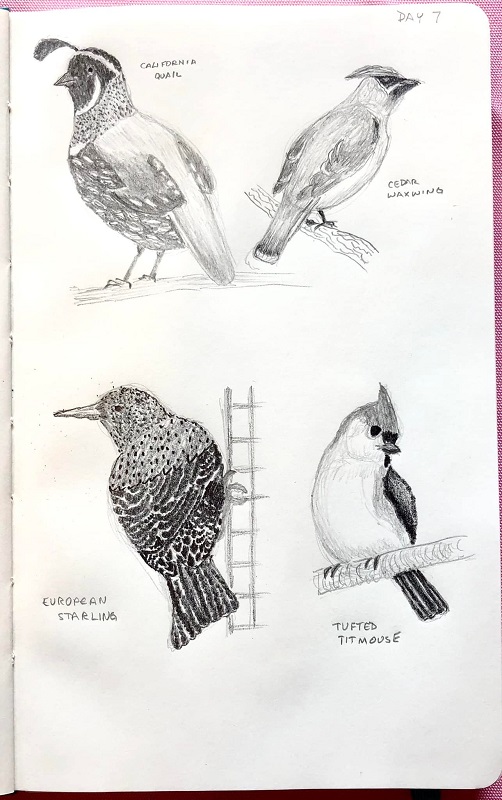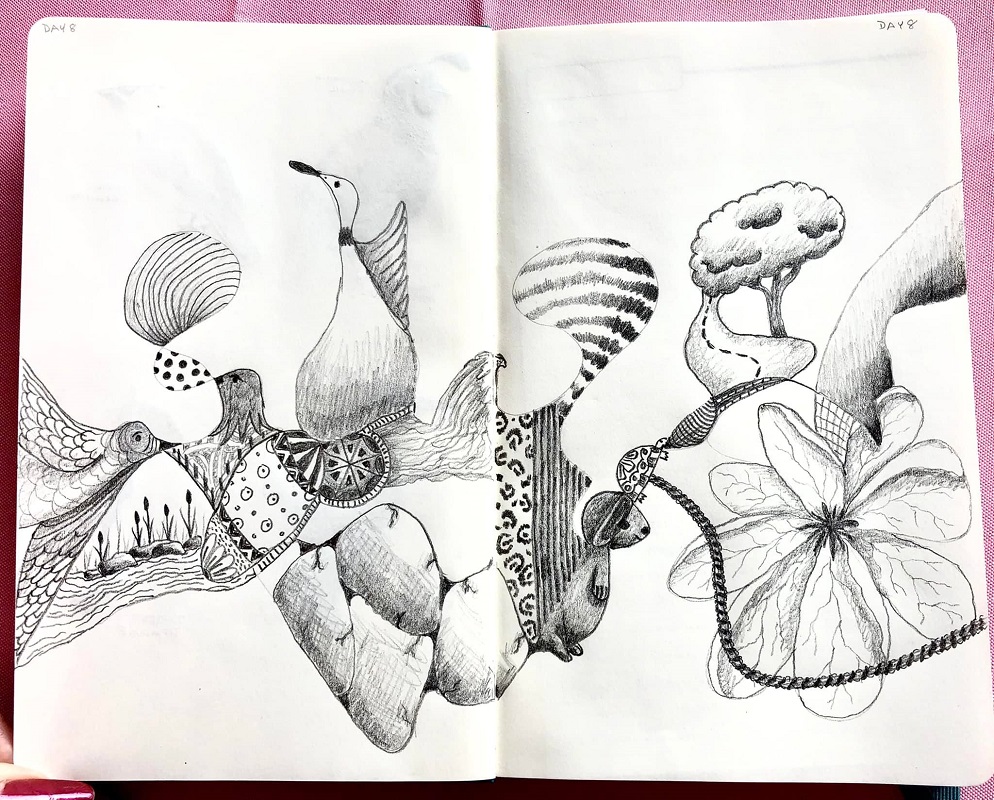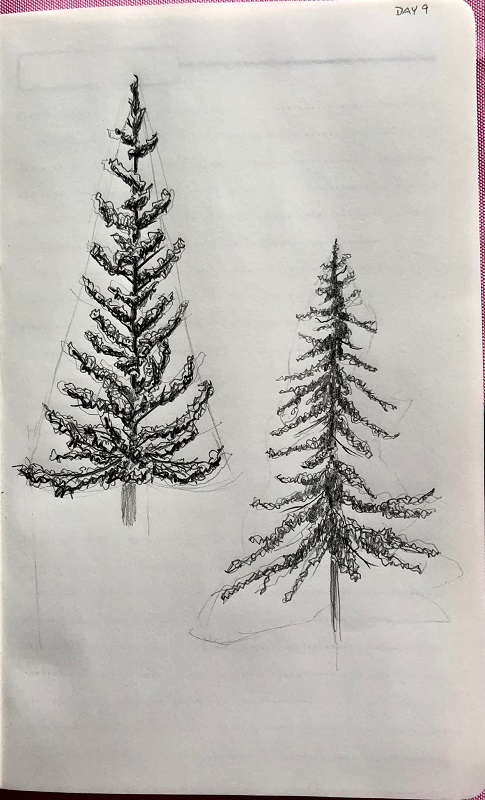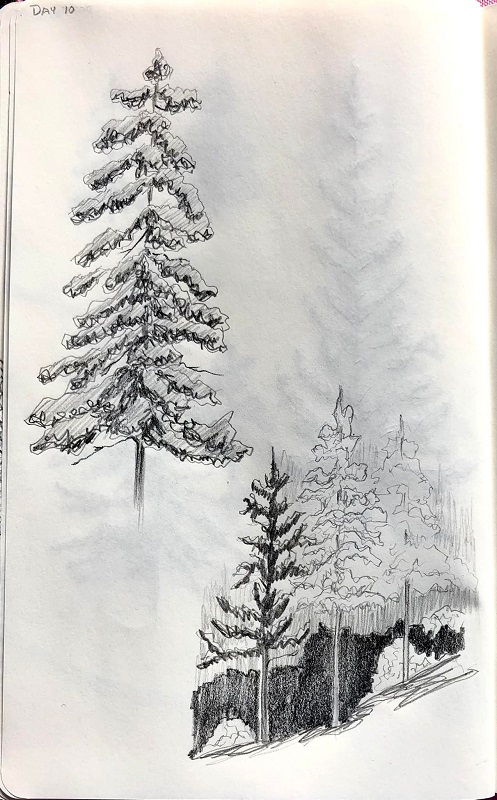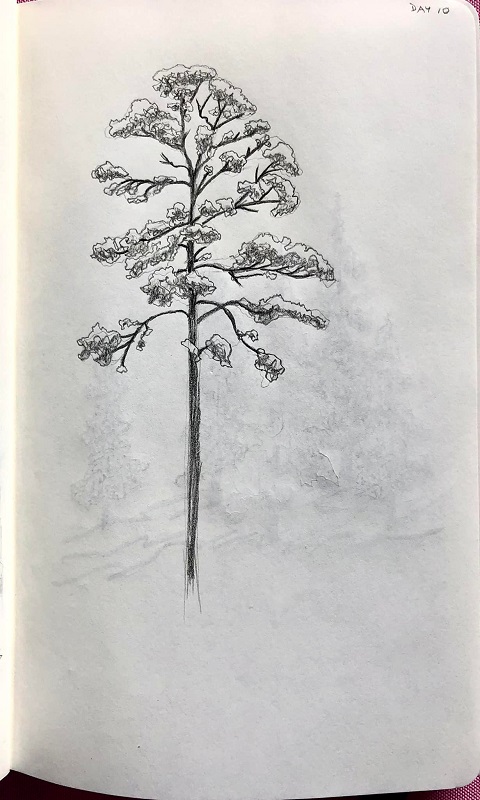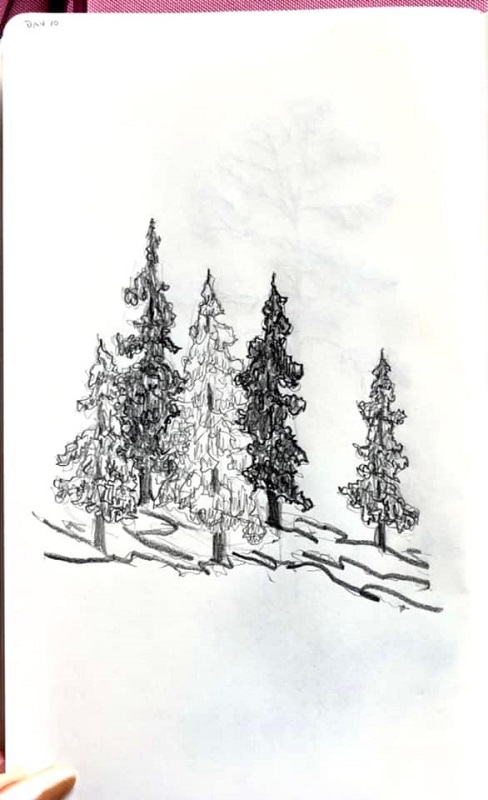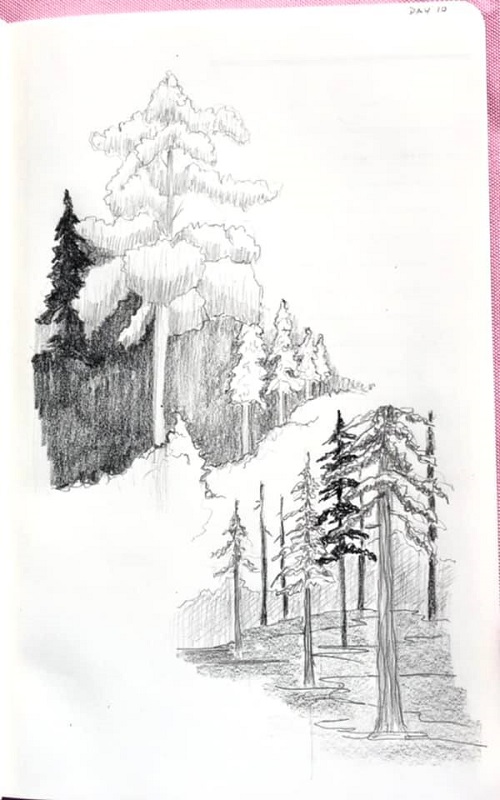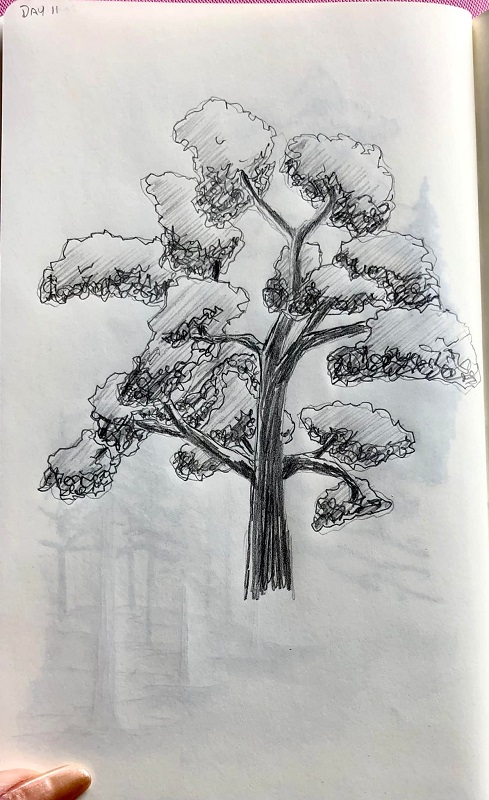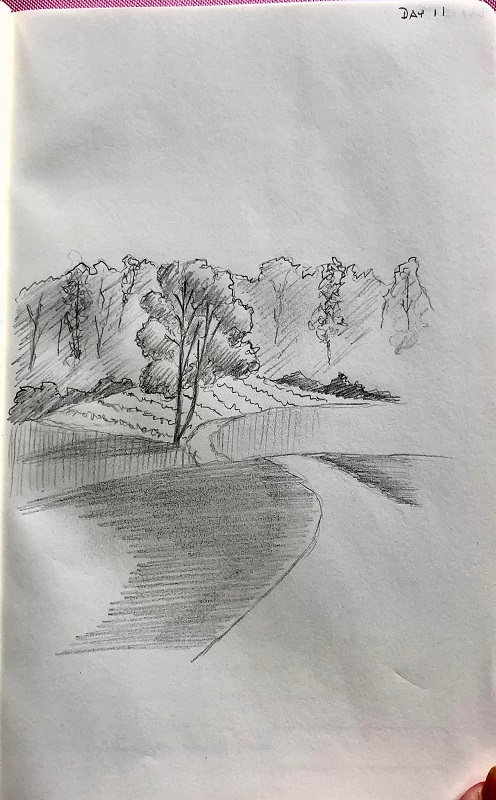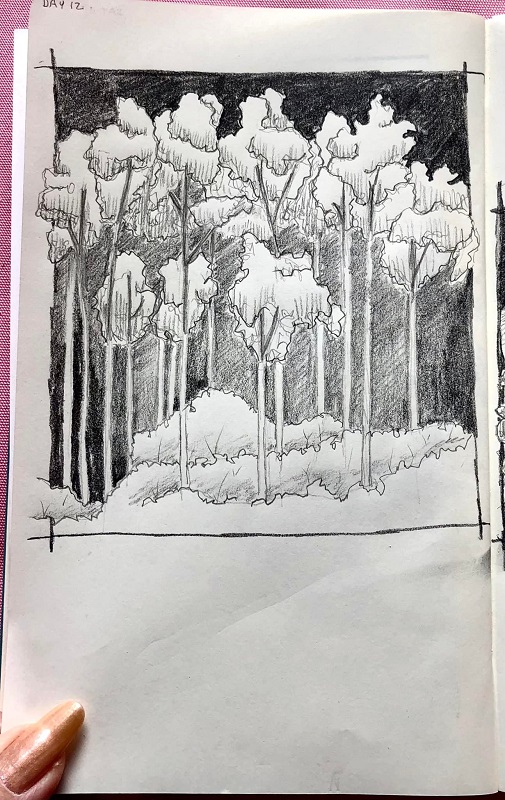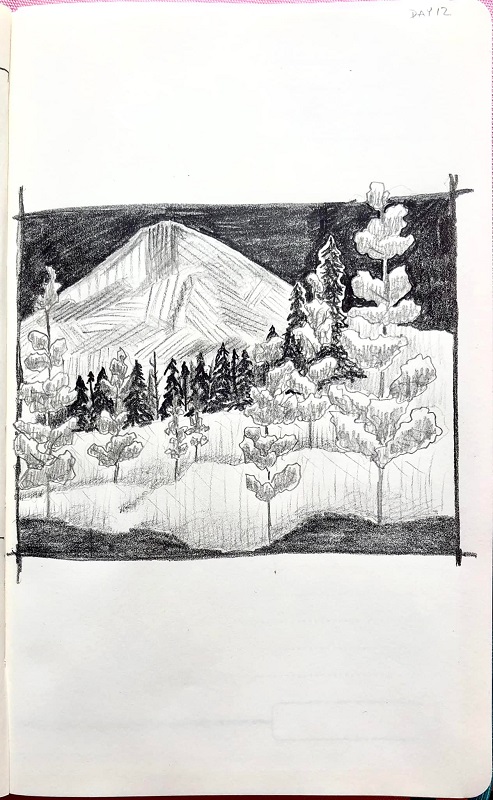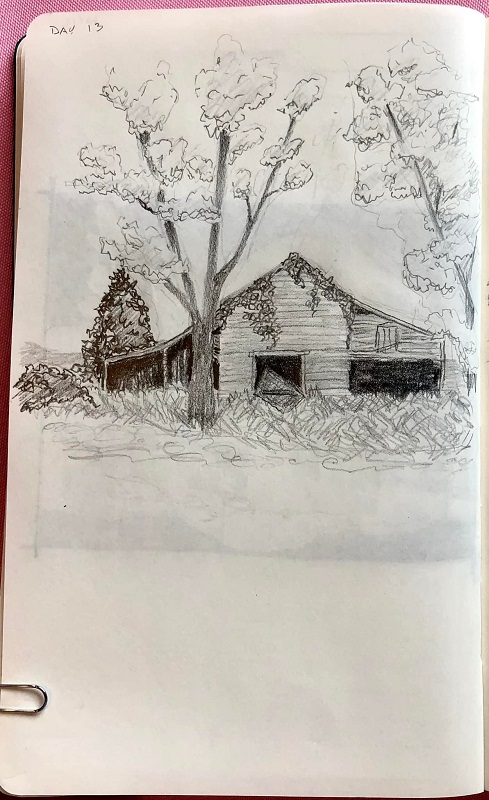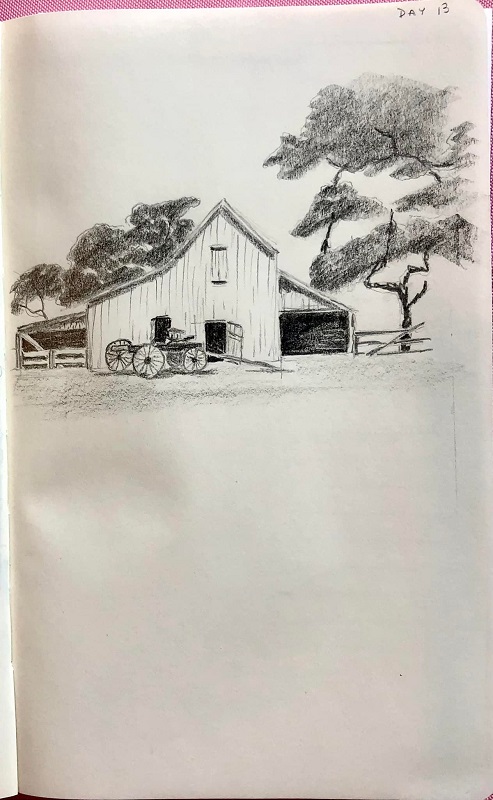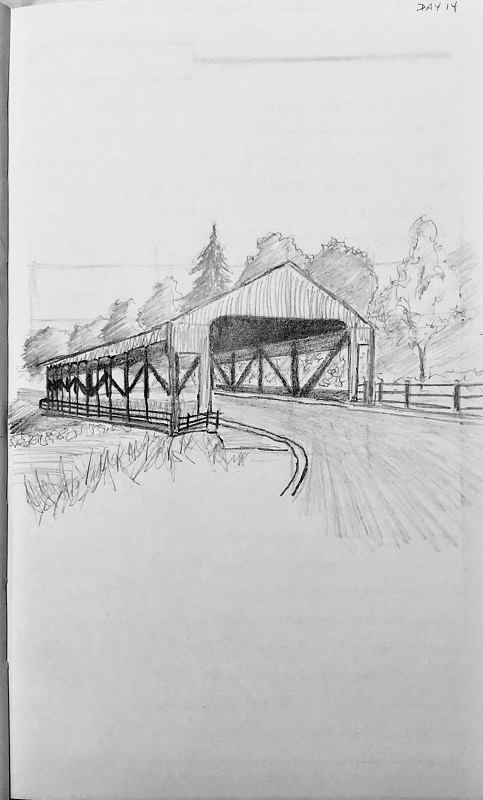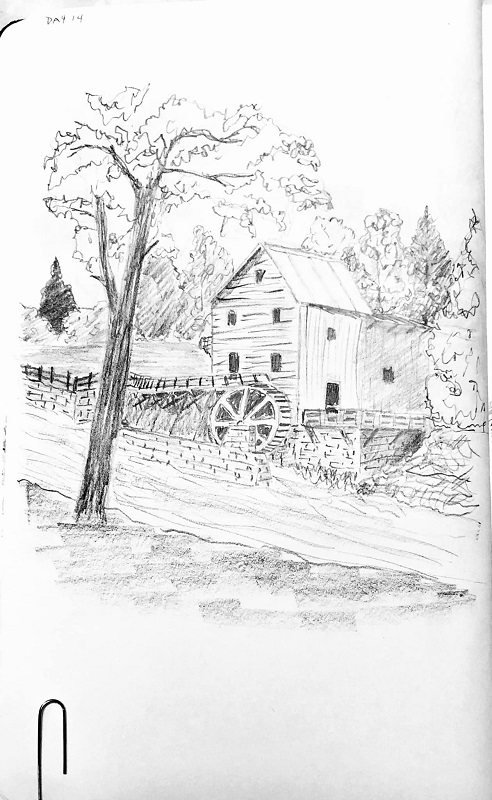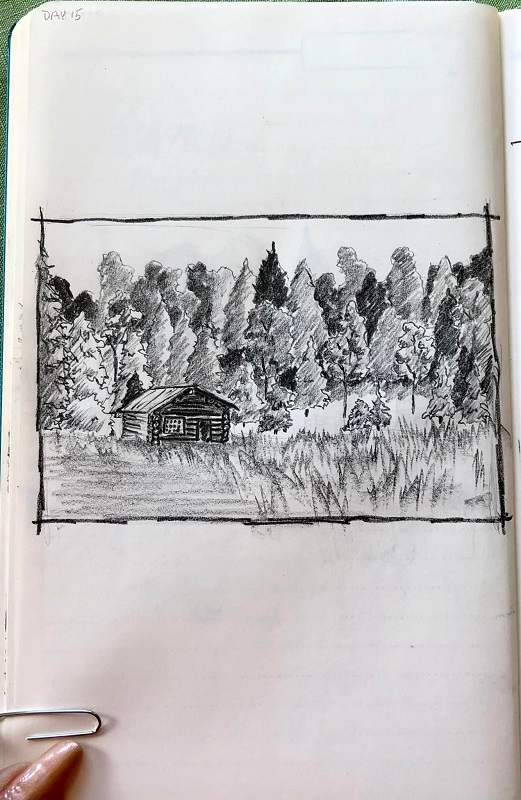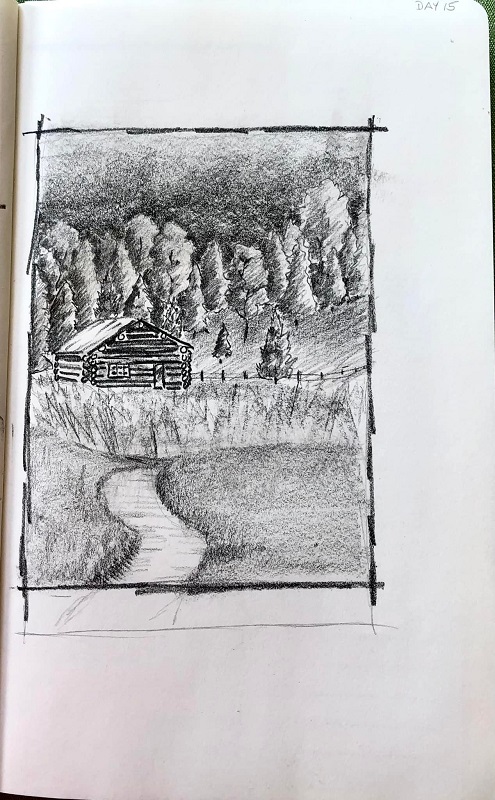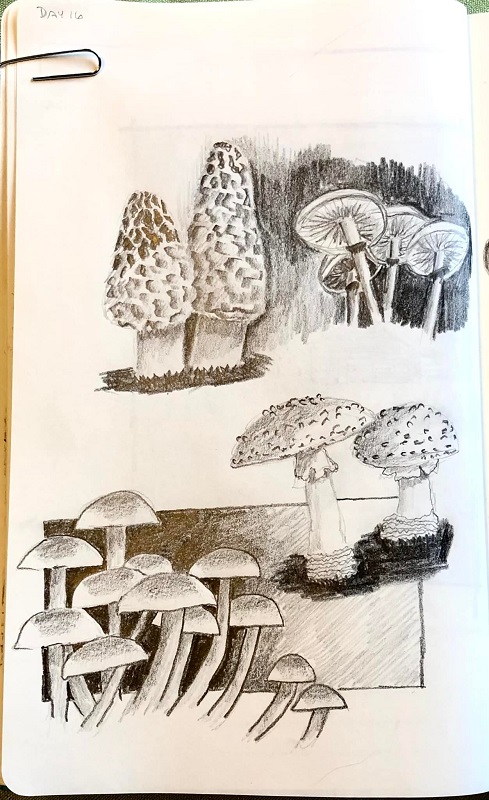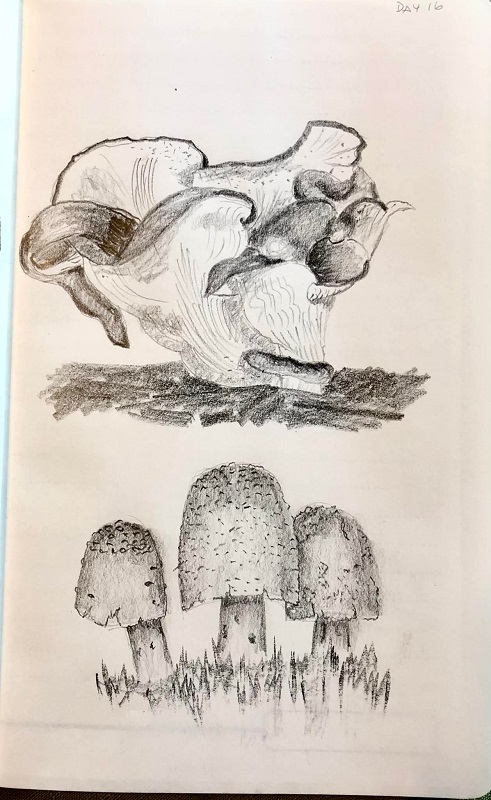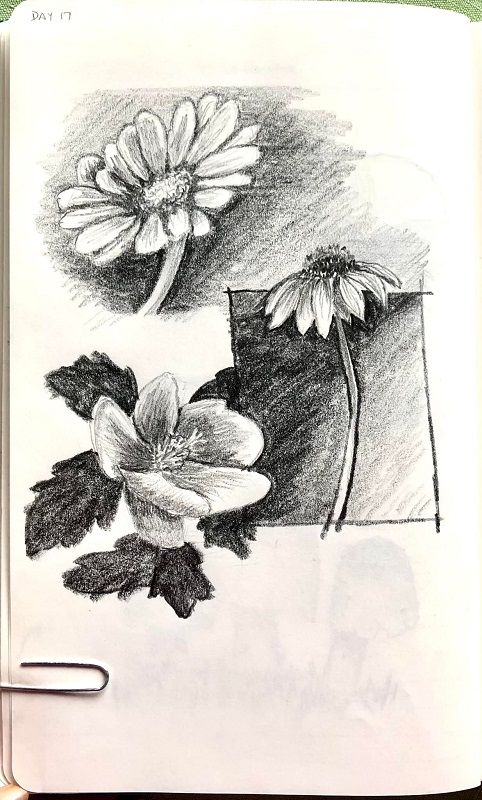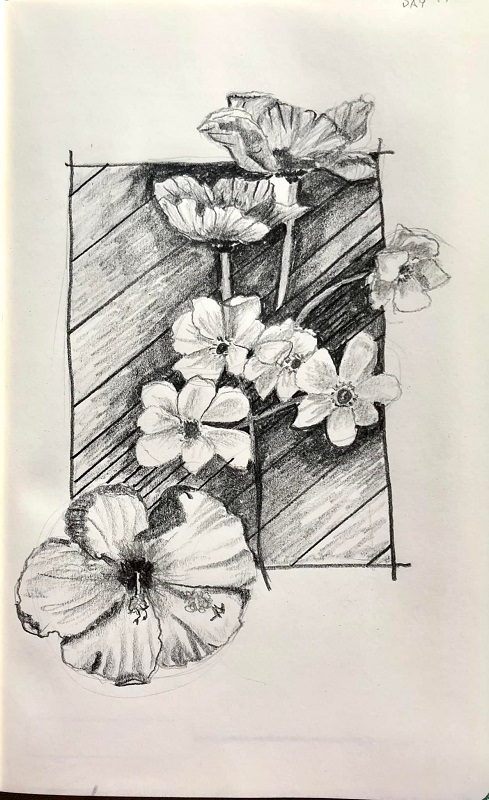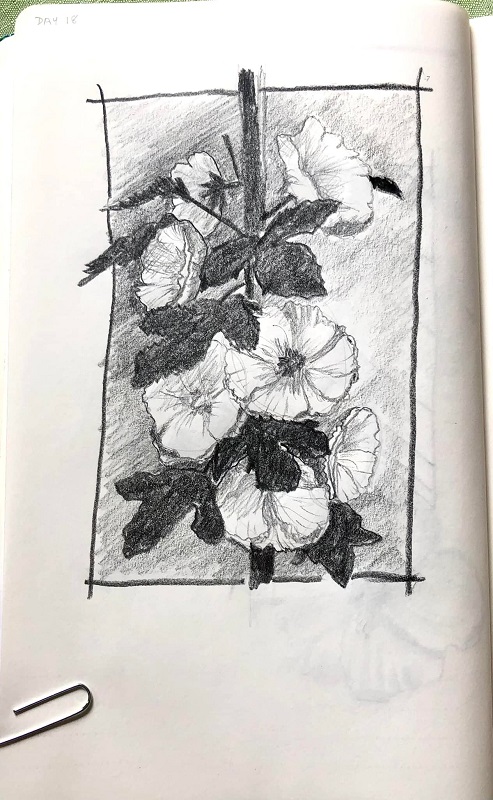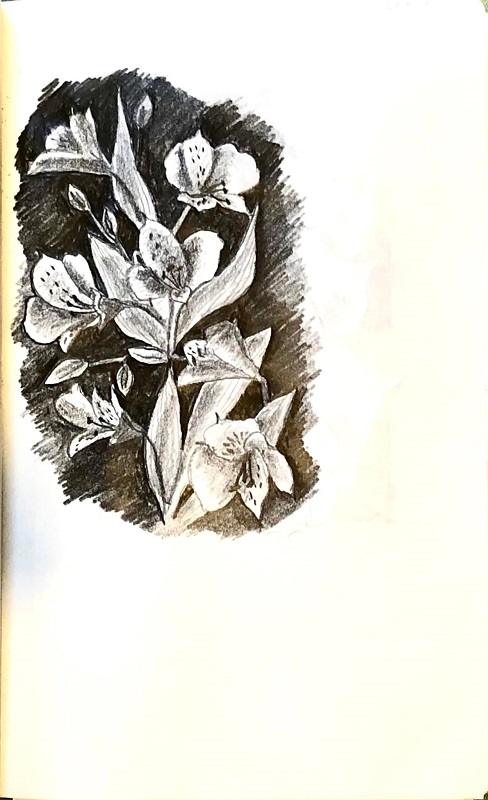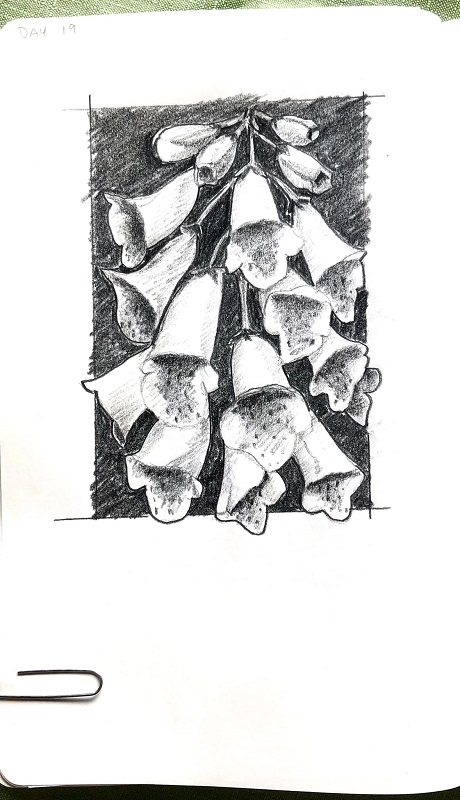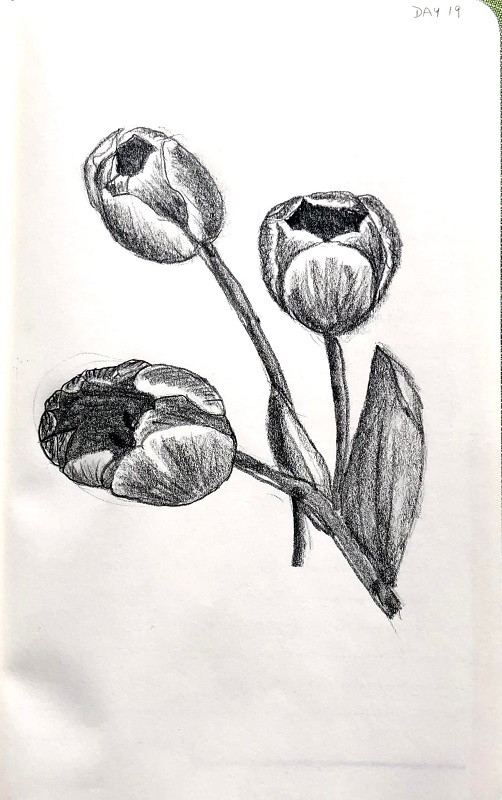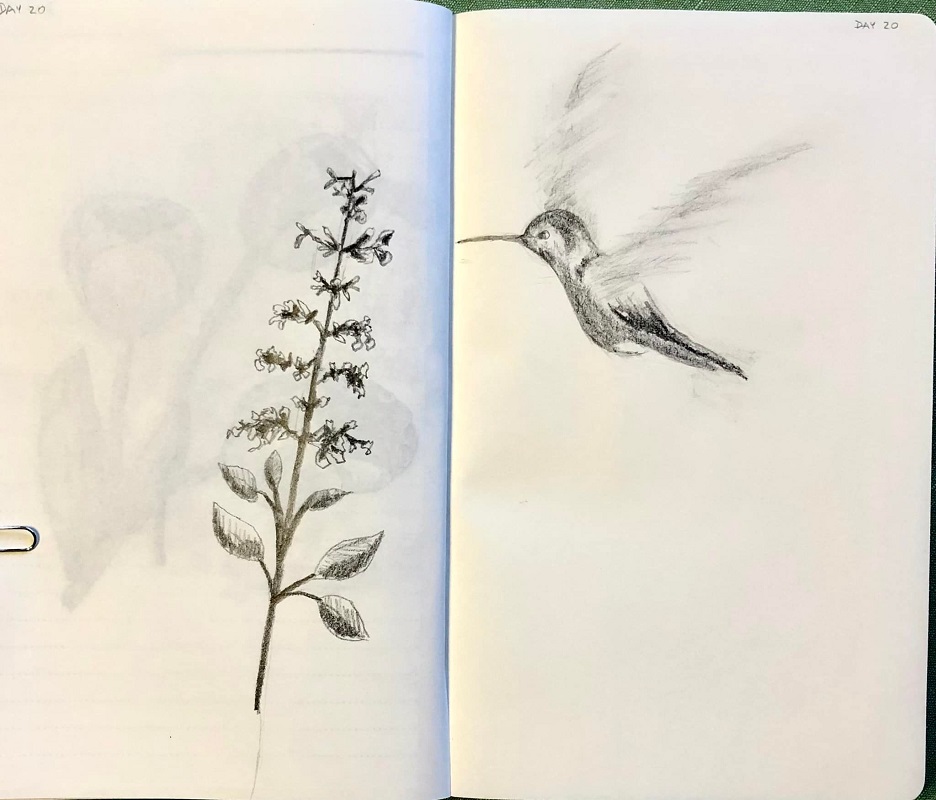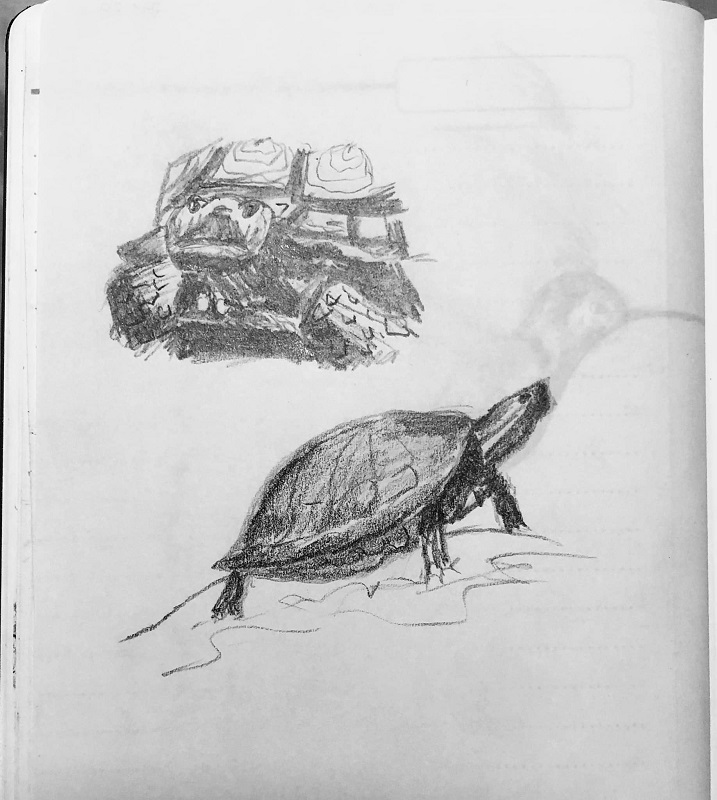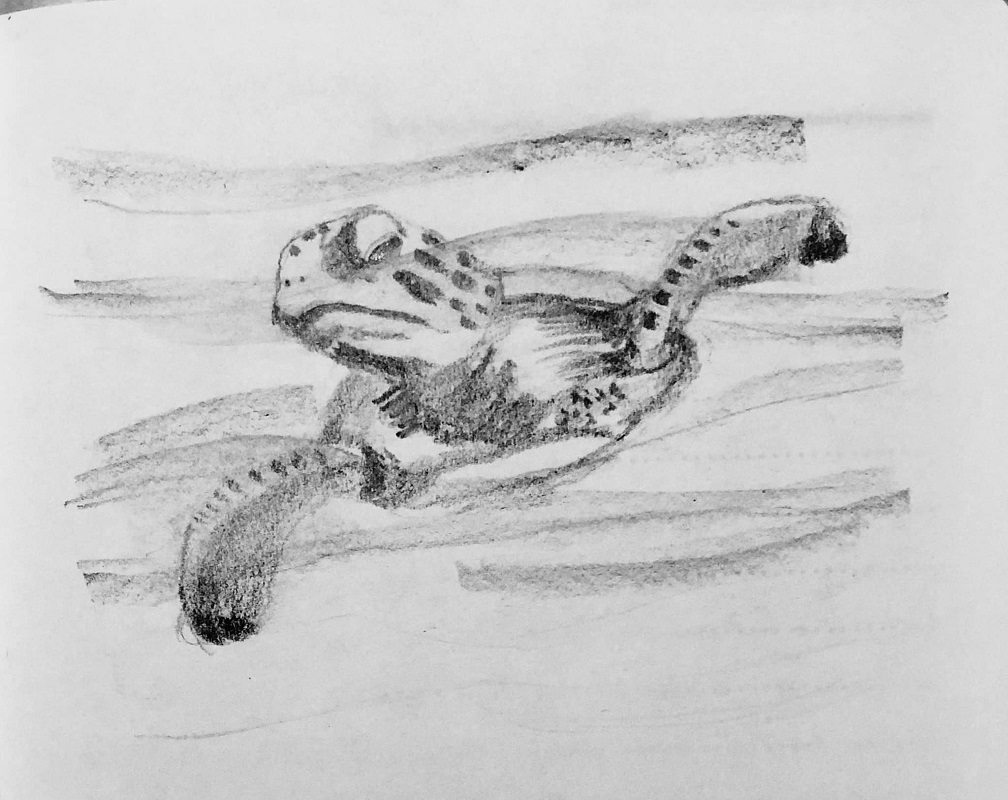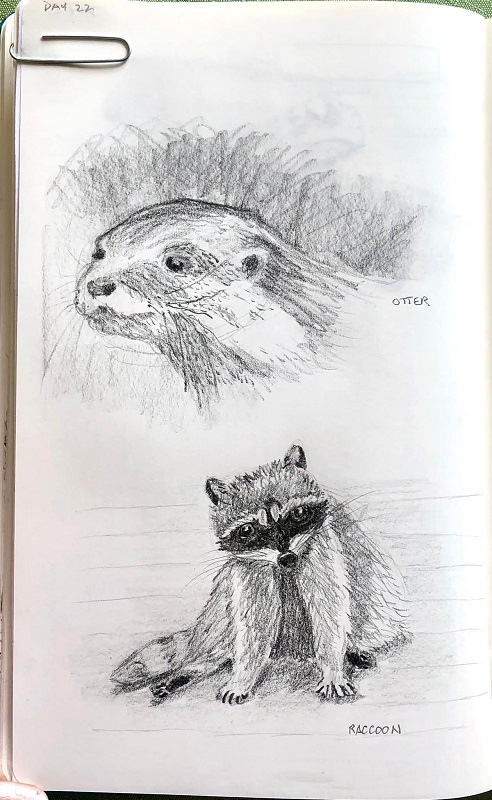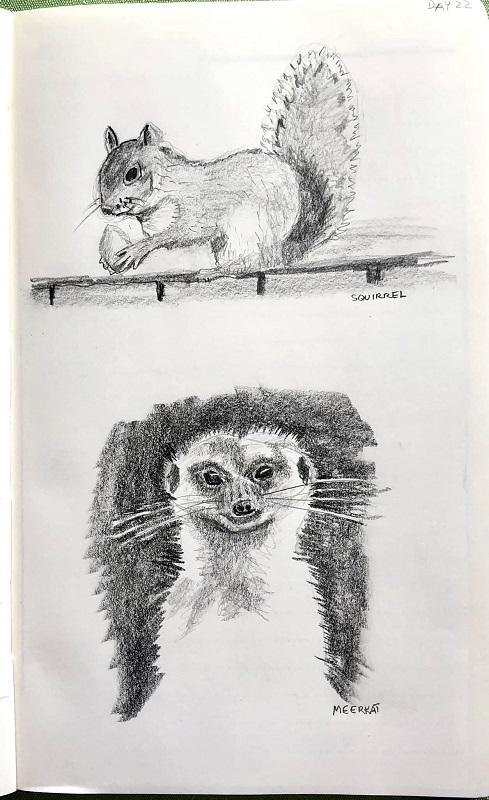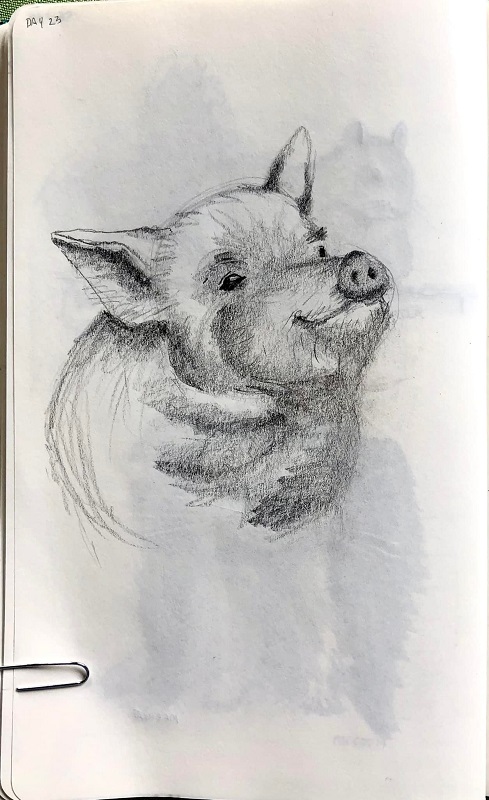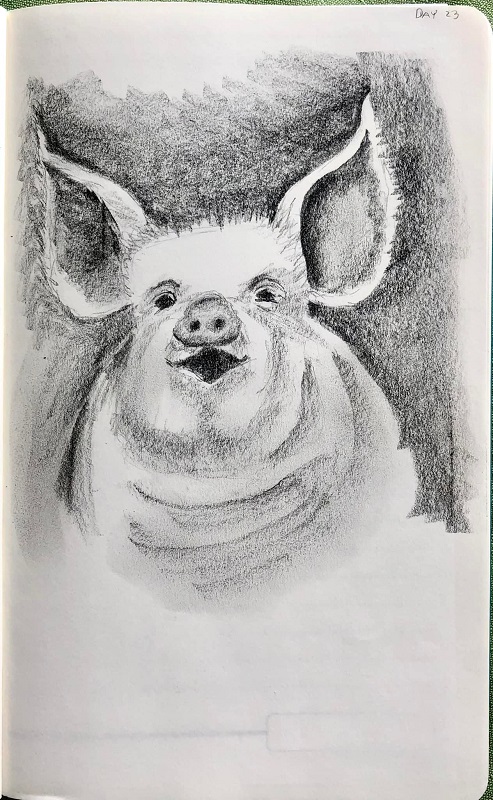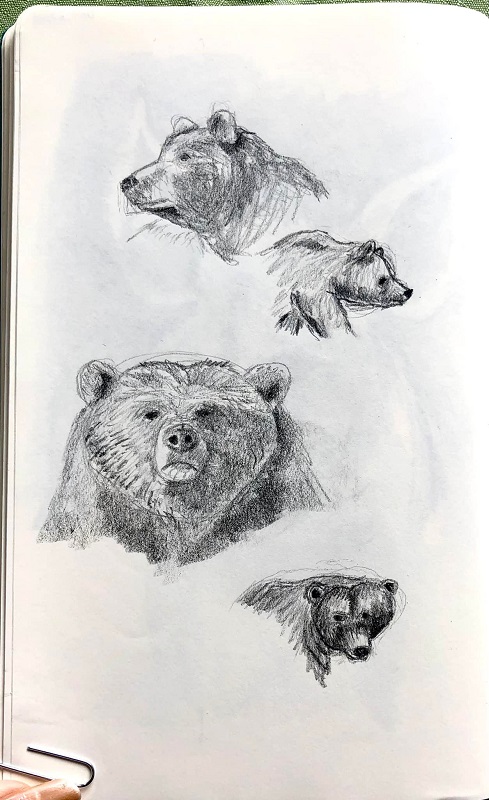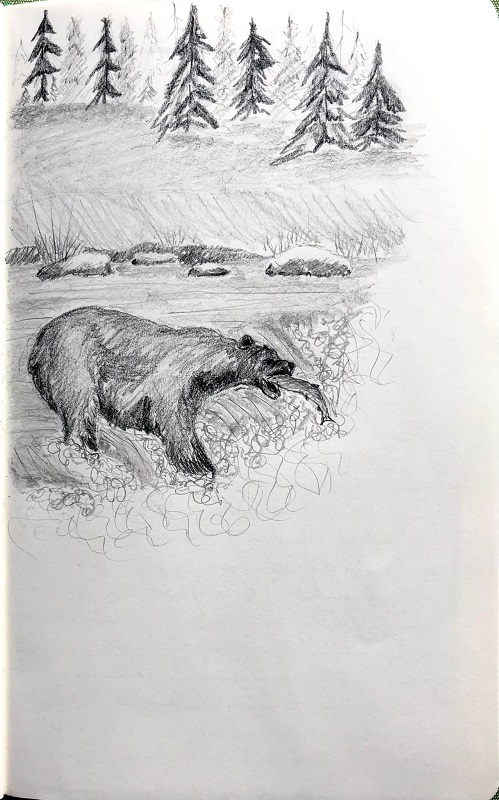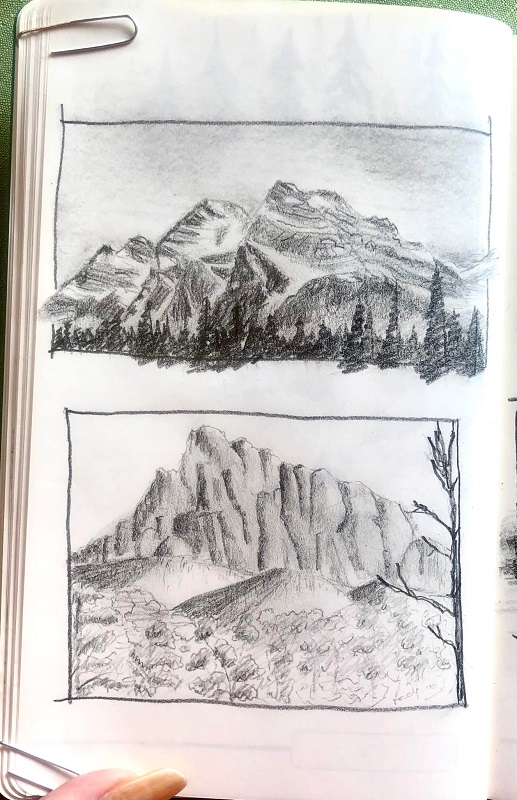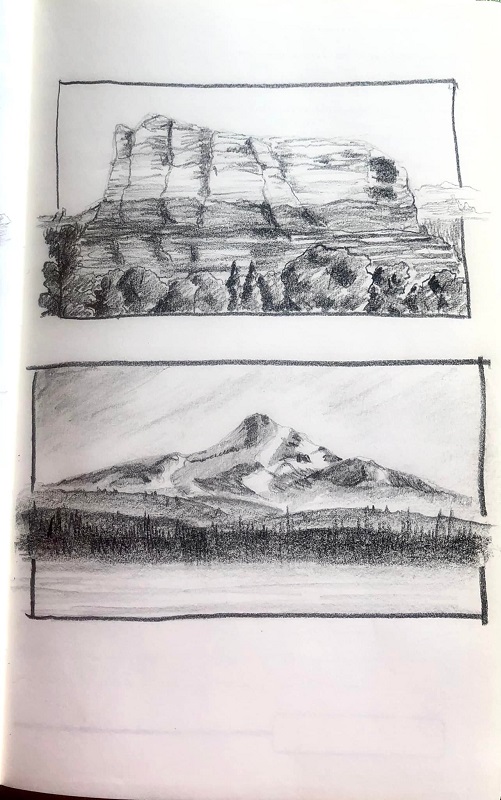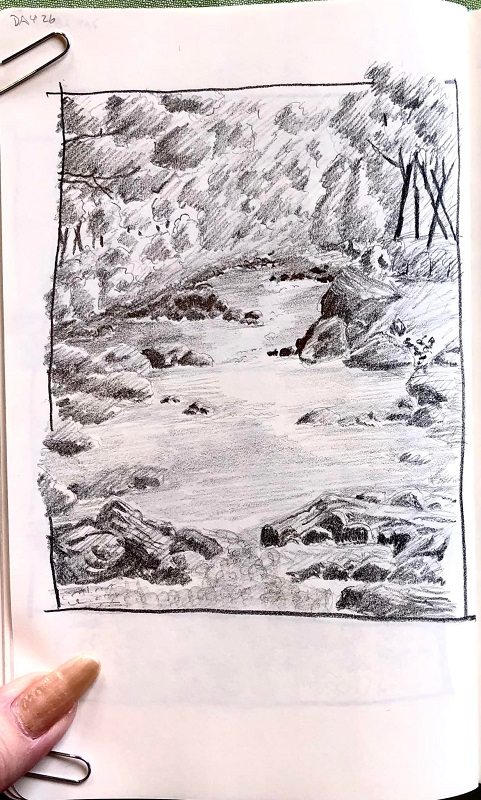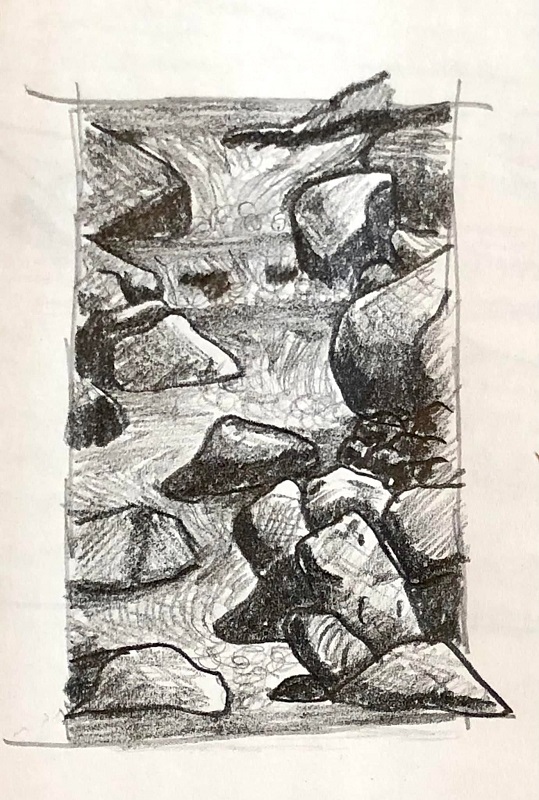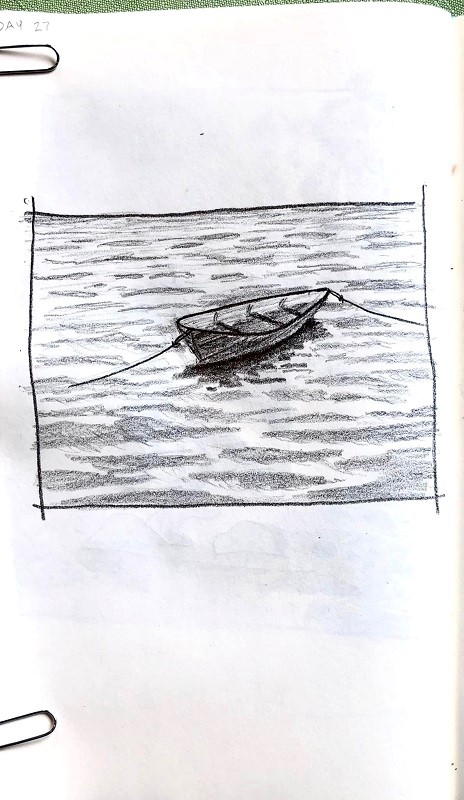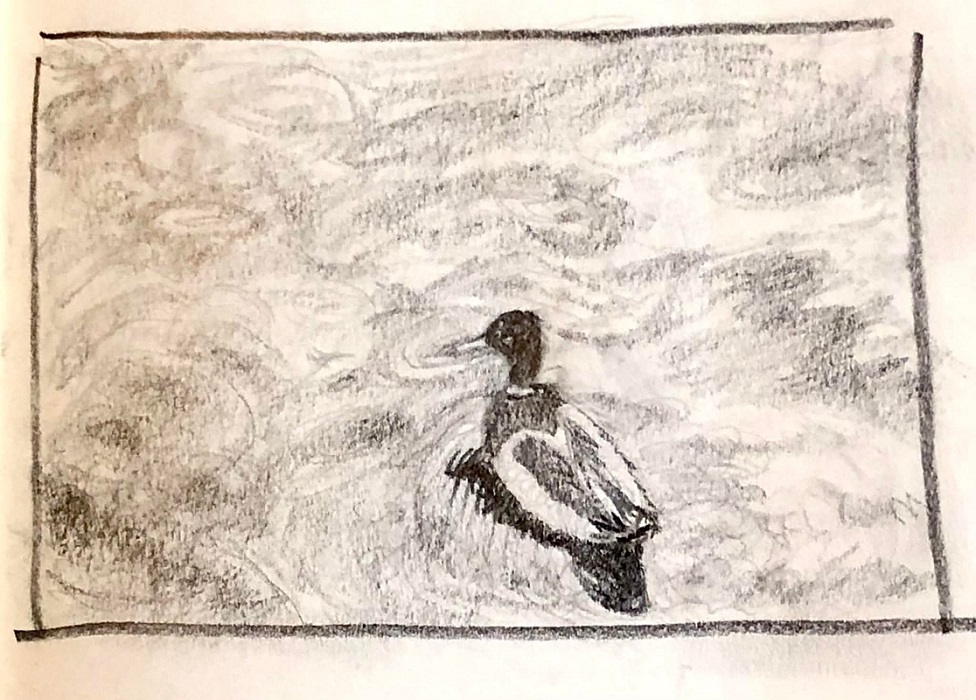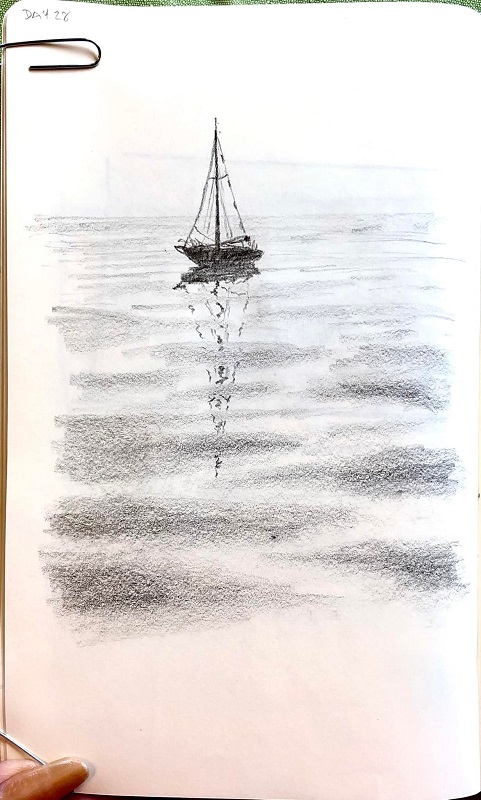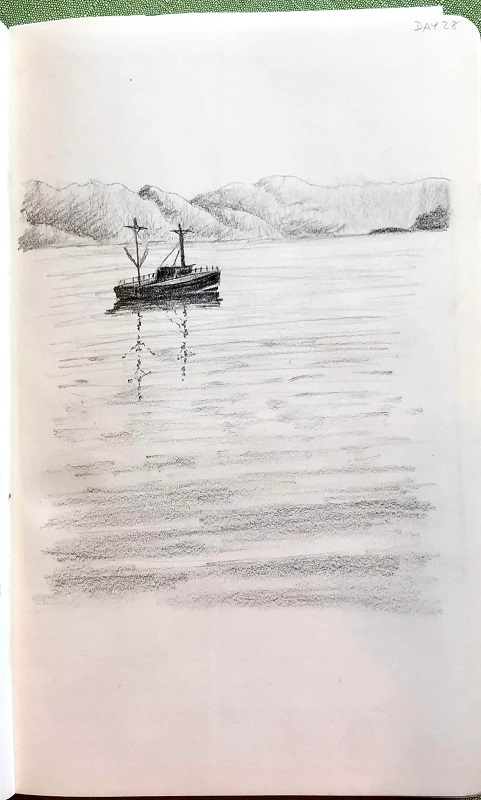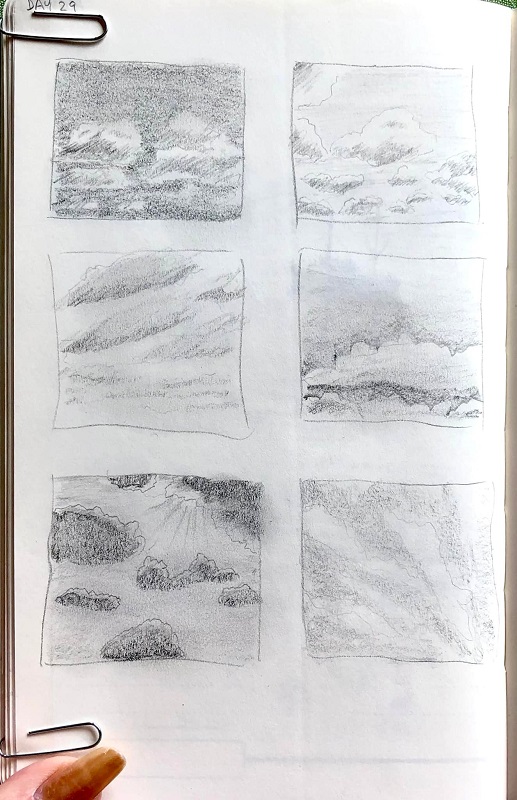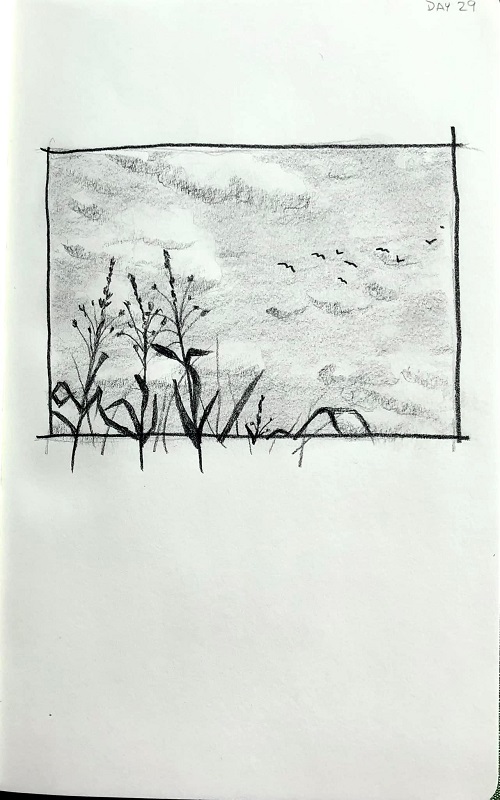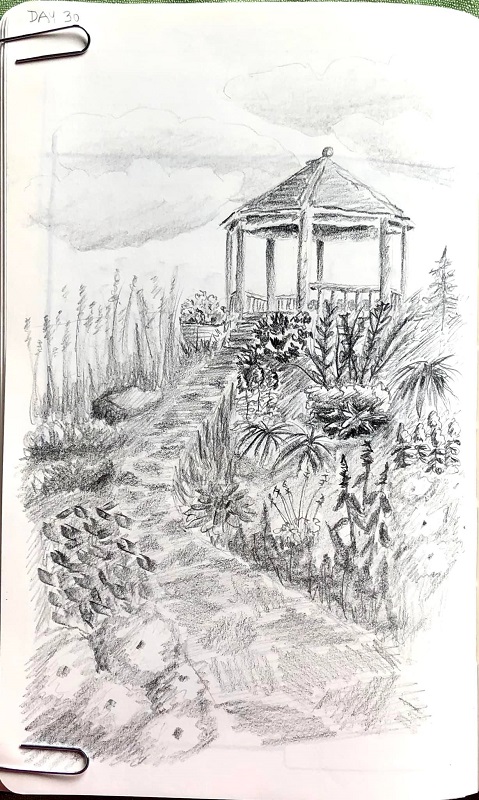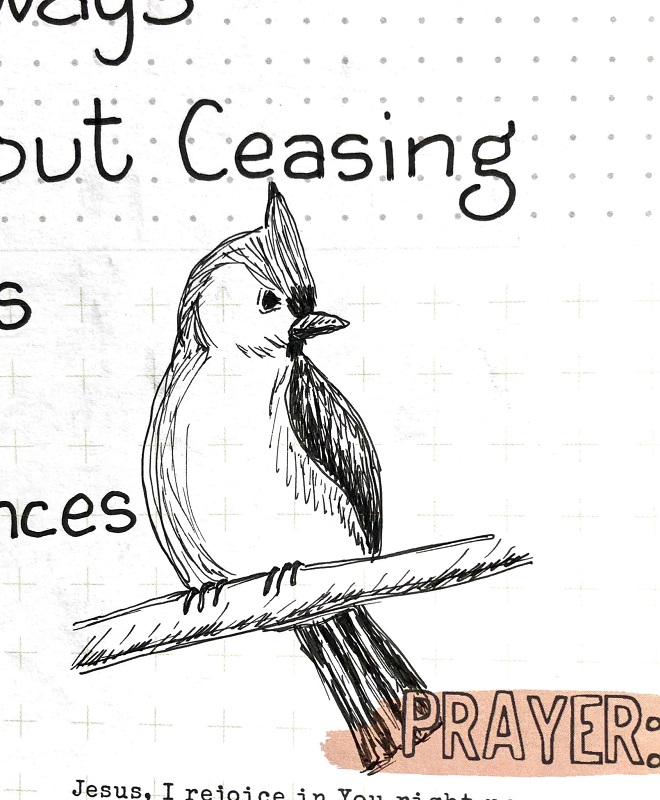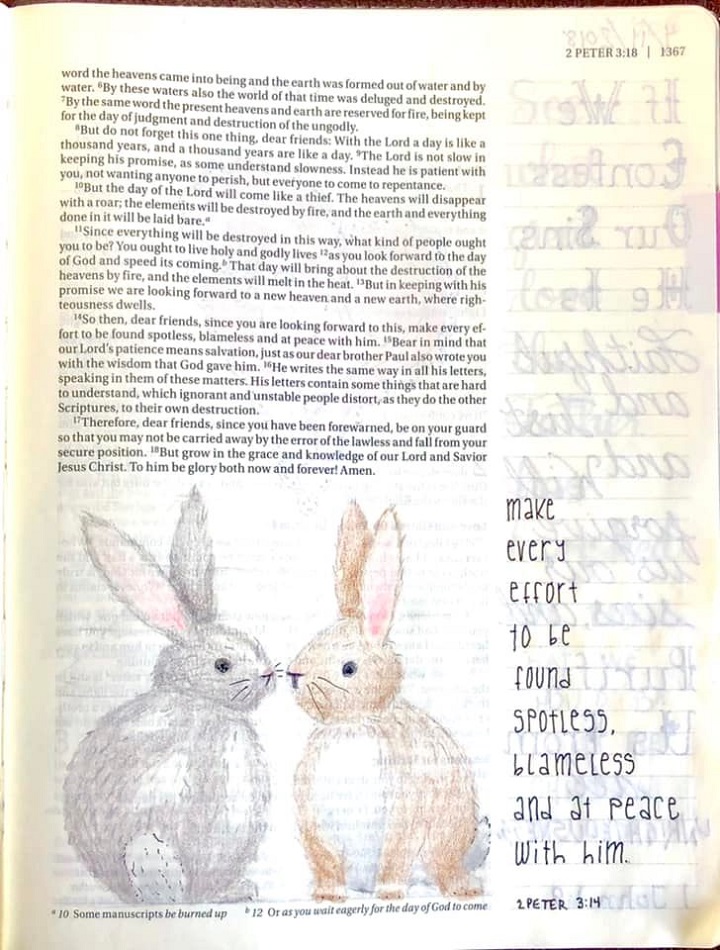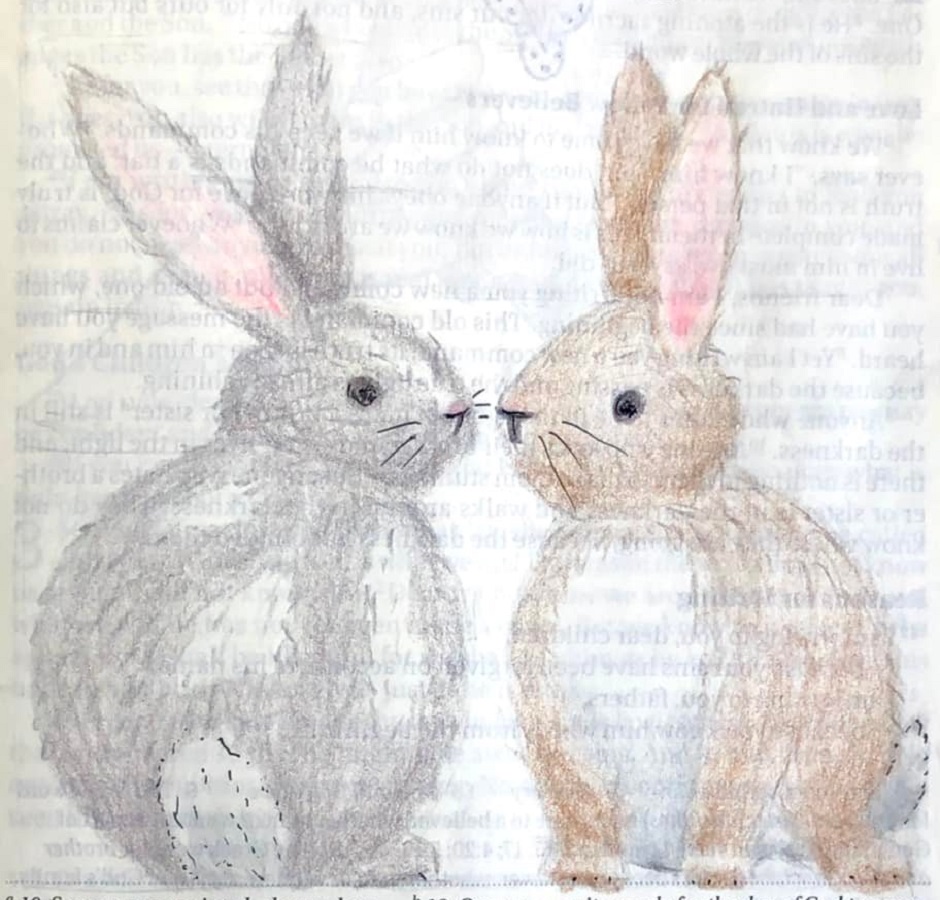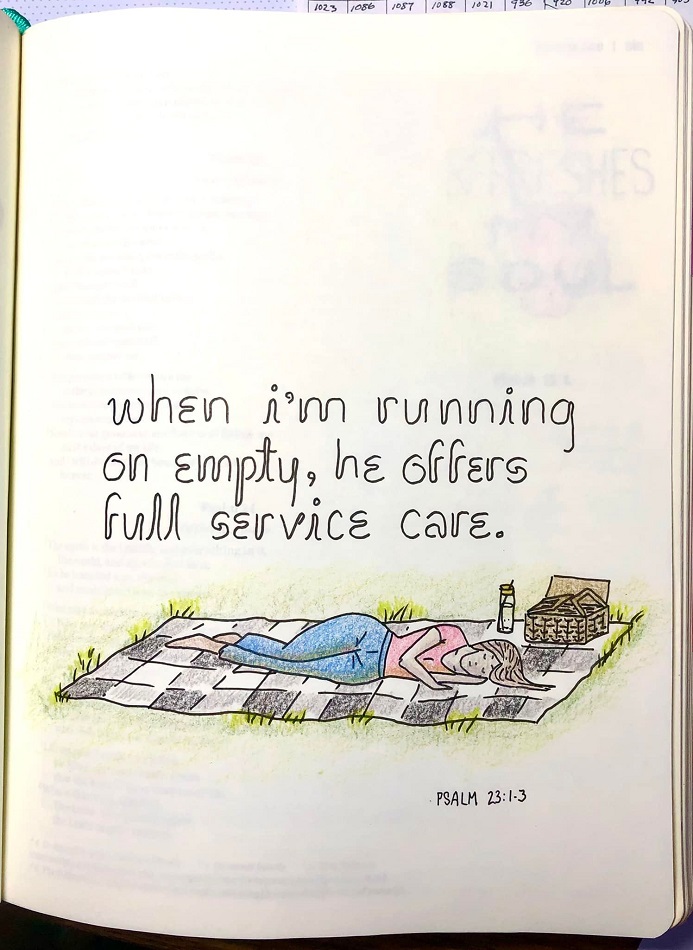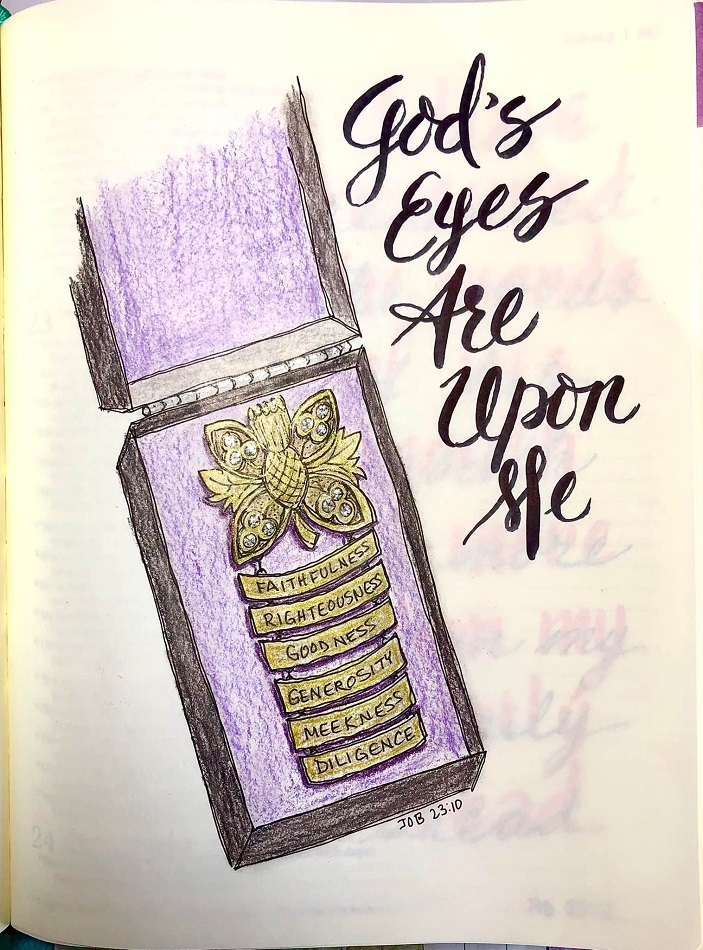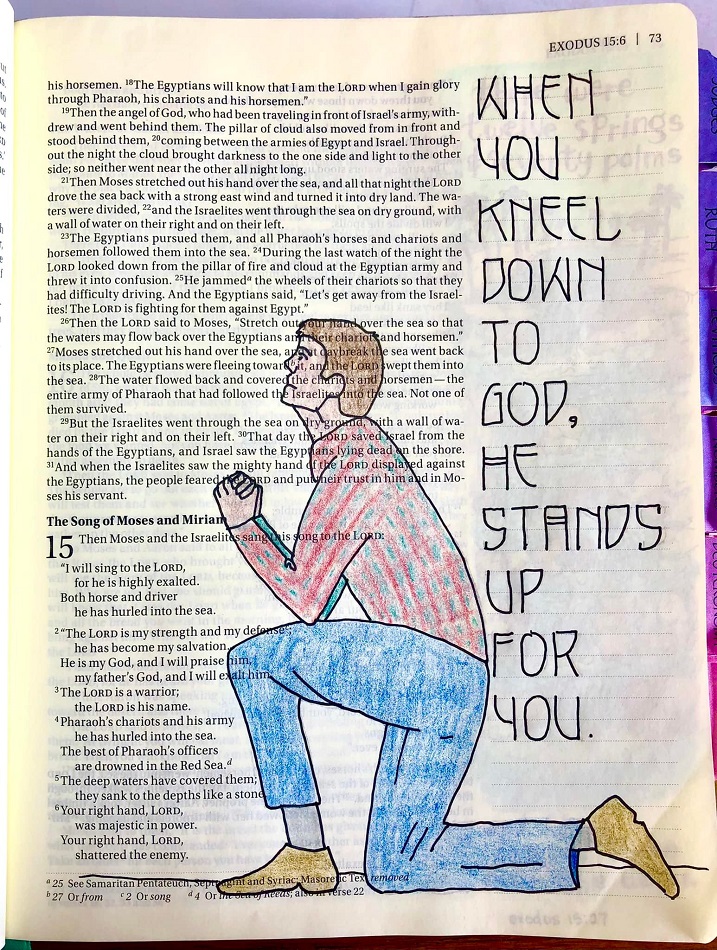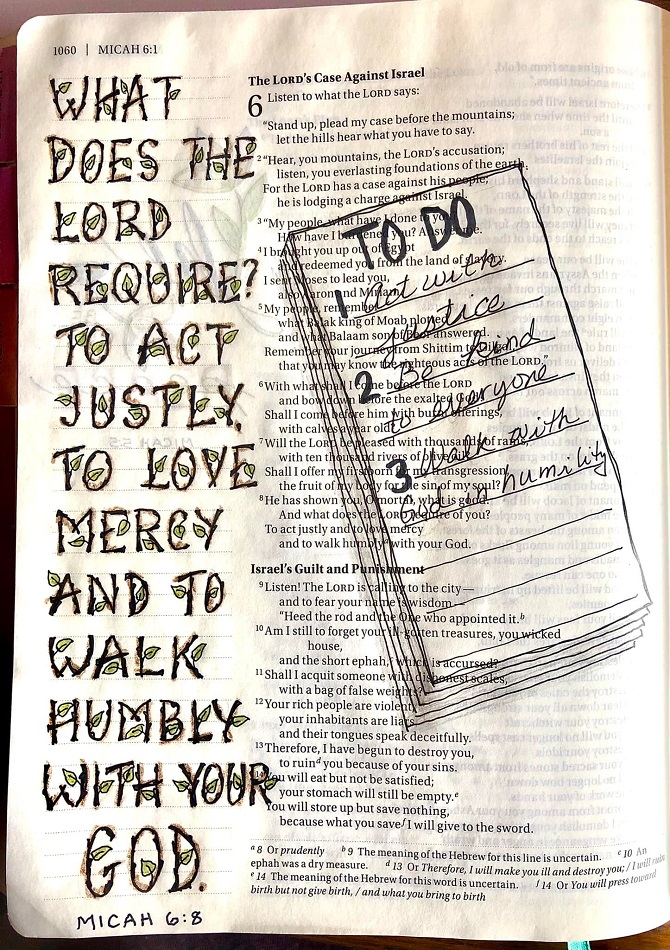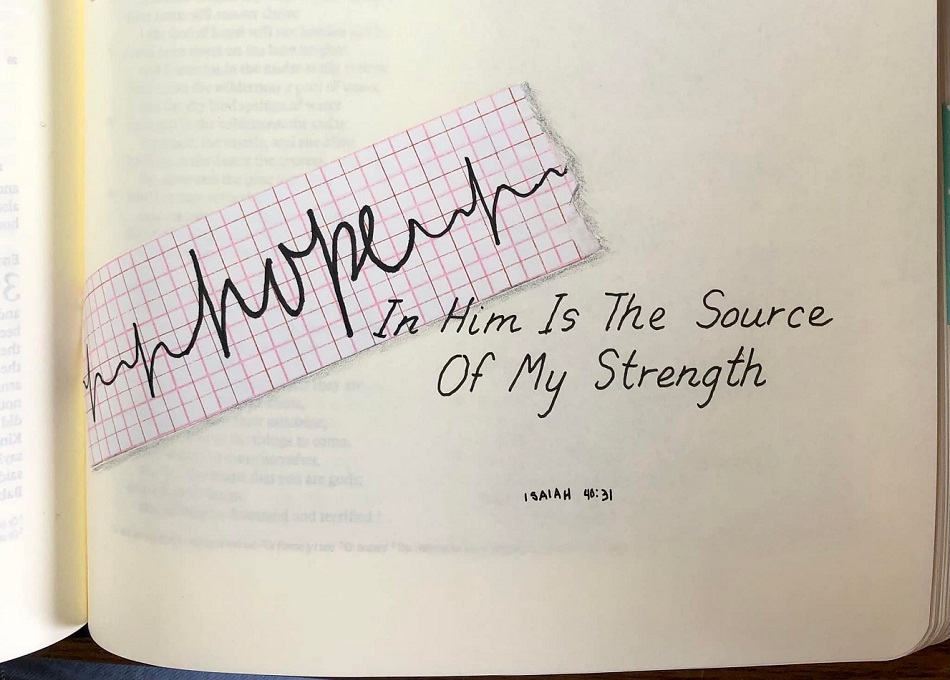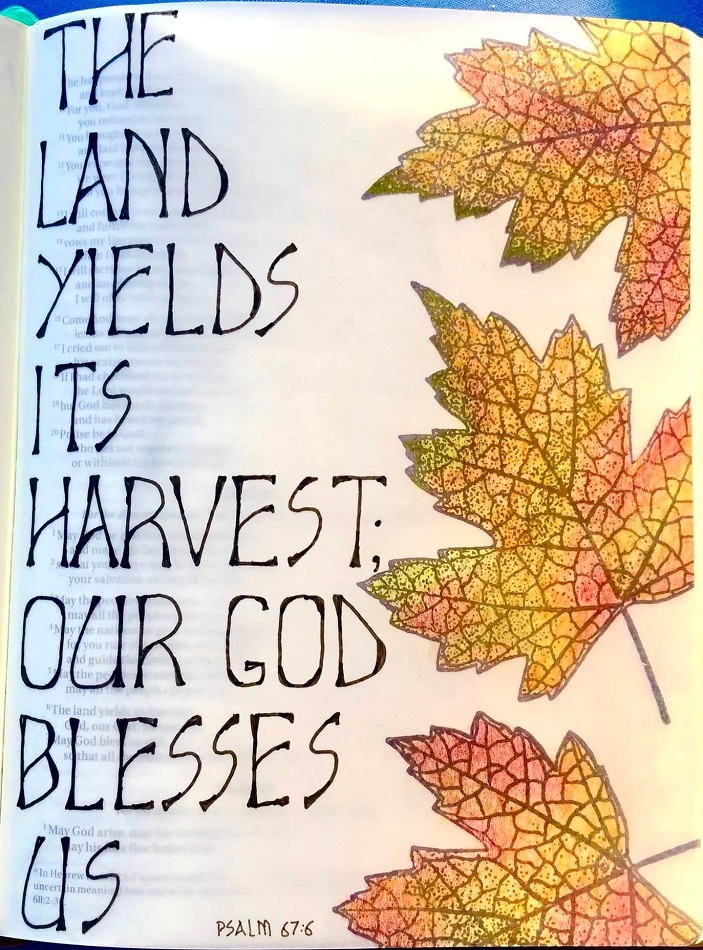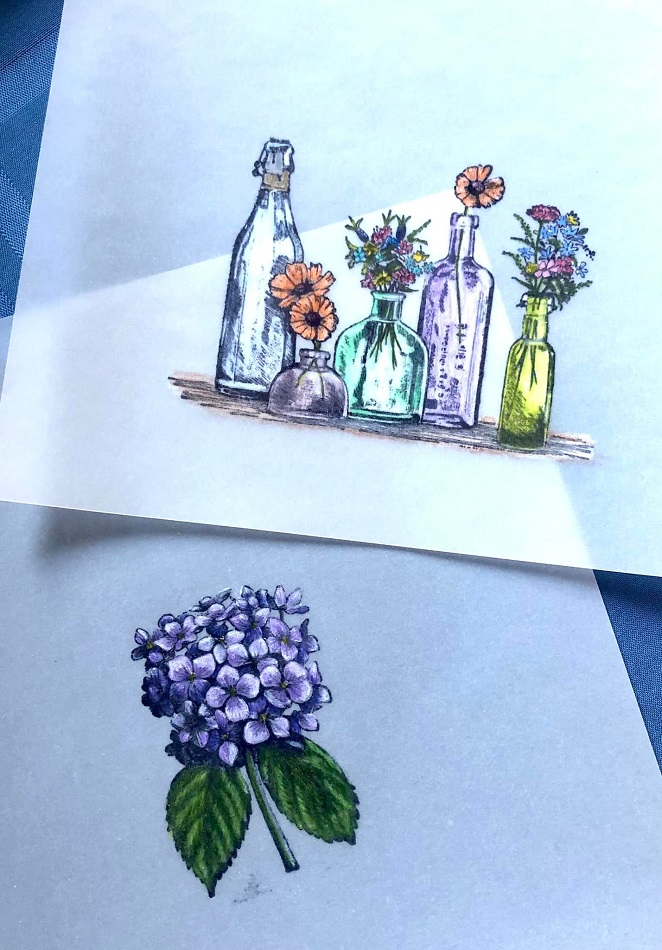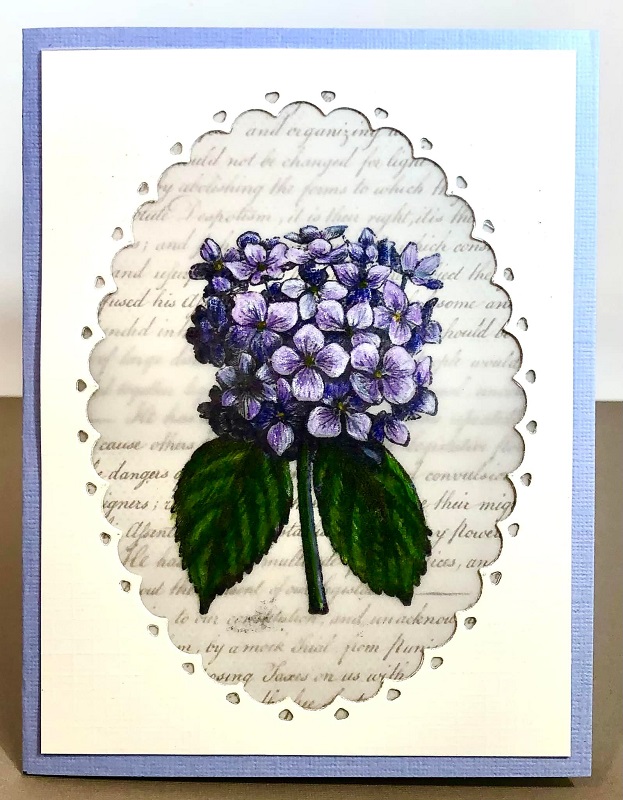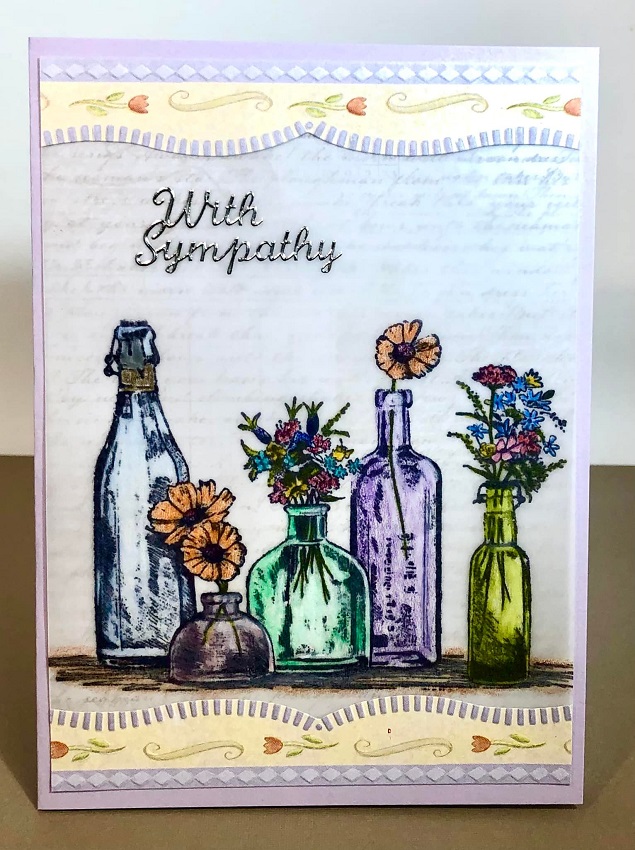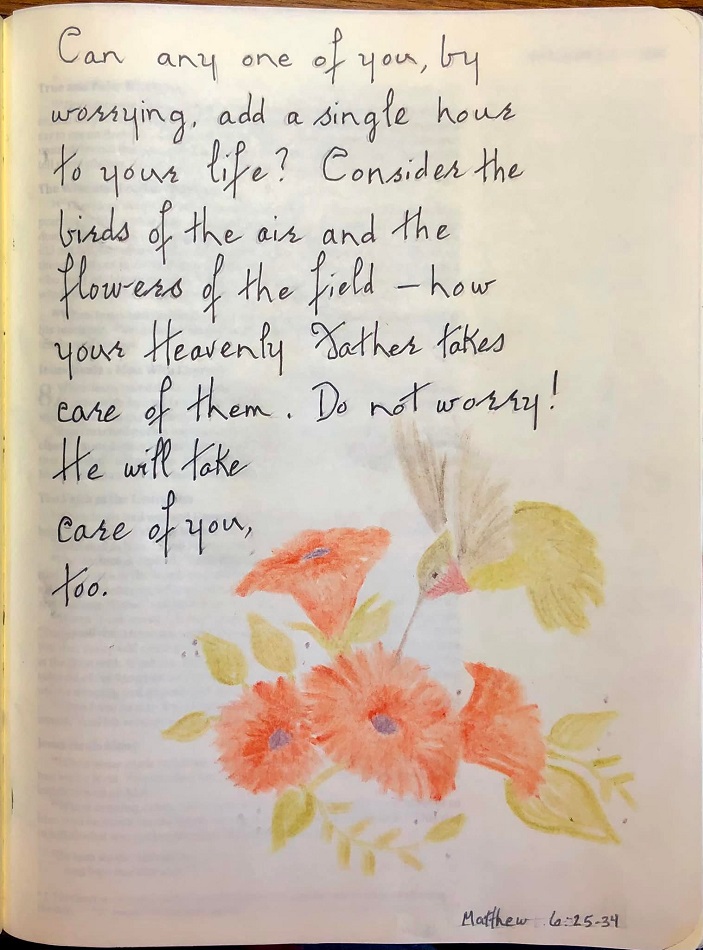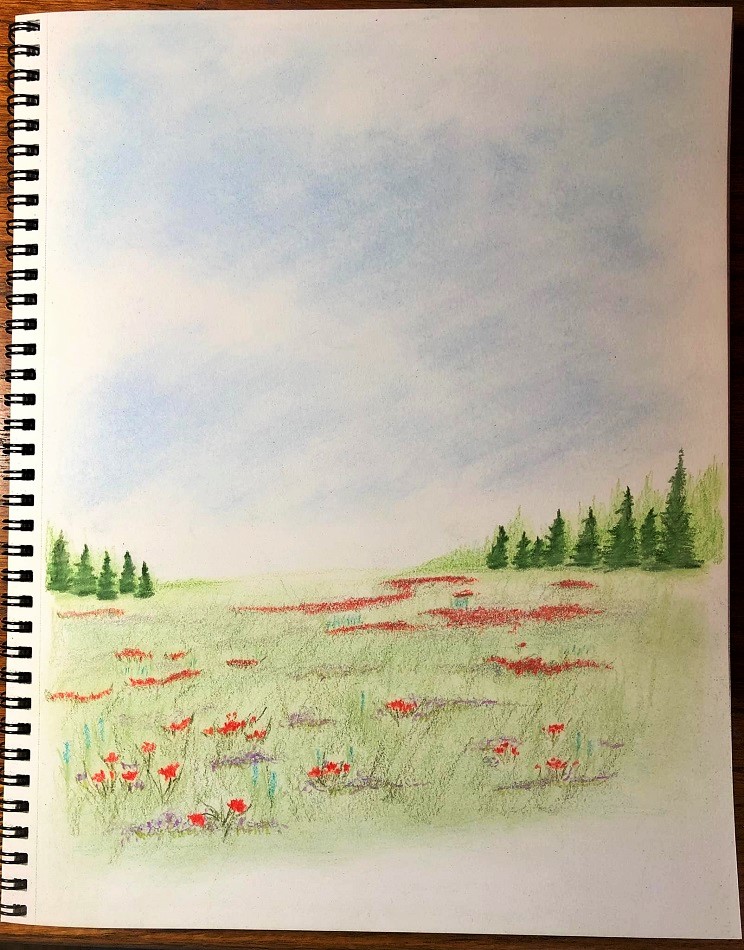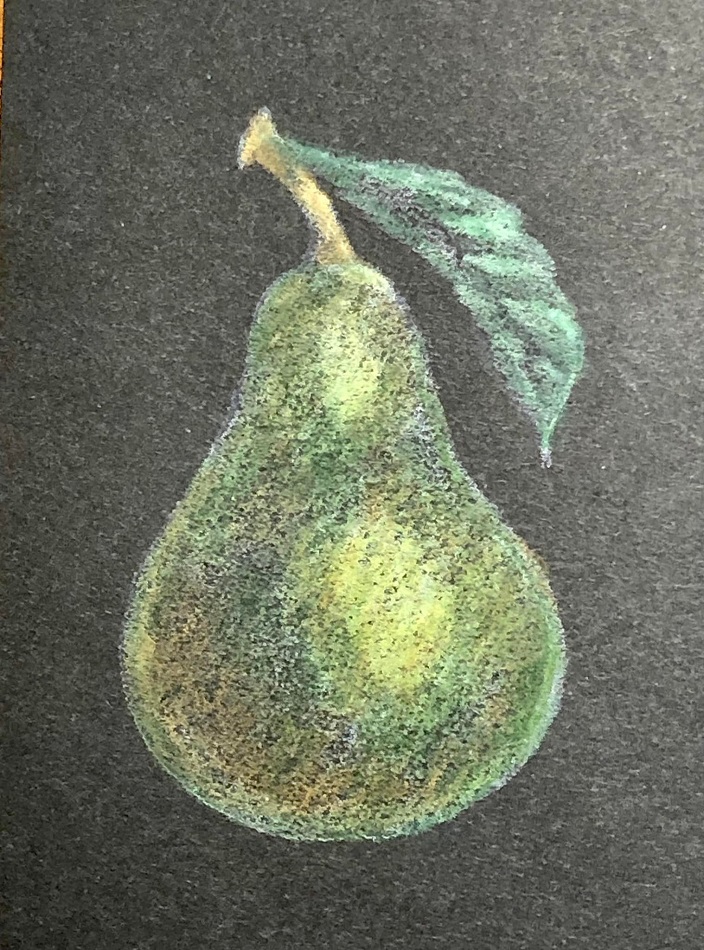Topic: Quilting
This post may NOT be of interest to anyone but I'm going to put it out there anyway so I can refer people to it if they DO ever have questions.
When I inherited my Innova longarm quilting machine in 2019 I had never laid hands on one before. I had seen them demonstrated at the State Fair and at quilt shows but I never tried one out. So, after I had a dealer come and put it all together for me I went into their store and took a one-day class.
I needed to know everything from how to put in a bobbin to how to thread the machine; how to change a needle and what kind of thread to use; how to make it go and how to stop it; truly, I knew nothing. I then watched a lot of videos on YouTube on how to load projects and spent some time playing.
I found that some things from one video and something else from another worked best for me and so developed my own process of loading, basting, quilting, advancing and finishing to make my quilts a real pleasure to longarm.
My longarm has 'red snappers' installed in the leading edges of the canvas leaders. Someone without red snappers or someone with zippers will undoubtedly use a totally different process. I have NO experience with that so will only discuss what I know and use.
So, Here we go. Keep in mind that it takes much longer to SHOW and EXPLAIN the steps than it does to actually DO them!
First, I load my backing with the selveges on the top and bottom and any seams in the backing running left to right. This keeps a ridge from building up down the middle which happens when a top to bottom seam stacks as it winds over and over itself. If the selvege is the longest side then the quilt will be on its side as it is quilted. If the selvege is on the short side of the backing the quilt will going through top to bottom.
I measure the sandwich layers by folding the top in quarters and the backing in quarters and stack them with the folded corners together. Leave the selvege to selvege length uncut and try to make it 8 inches or more beyond the end of the quilt top. I trim the sides two to three inches beyond the quilt top. Mark the edges of the top and the backing where the folds are as this gives you centering references. Cut a batting the same size as the backing by folding it in quarters and stacking as well. Mark the centering references on the batting. NOW you're ready to take it to the longarm machine.
Here is what my machine looks like:
I've marked the parts according to what I call them (sometimes not their 'official name'). Note that three of the bars have canvas leaders attached. These all have a folded edge with a red plastic rod inside (a part of the red snapper system). They each also have a measuring tape attached which counts outward from a centering zero.
Roll the front bar so the leader edge is just behind the top of the bar. Lay the selvege edge of the backing FACE DOWN and align the centering mark on its edge with the zero marking on the measuring tape. Align the printed edge of the backing along the folded and stitched edge of the leader and place a pin straight down into the leader. Align the front edge at the 5-inch mark and place an upright pin. Repeat every 5 inches to the end.
At the end, place TWO pins to keep edge from pulling inward. Repeat across the left front of the backing.
You will then have the entire front selvege edge pinned into place every 5 inches with double pins at each end.
Starting at the zero center pin, press one end of red snapper into place over the inserted rod in the leader. Work outward to the end of the red snapper.
Repeat on other side. Then take out all the pins.
Spread the backing up over the takeup bar.
Roll the backing onto the front bar, smoothing out any wrinkles as you go.
Make sure to keep the edges aligned so you know your backing is loading squarely.
When the backing is approaching the end it will fall off the takeup bar onto the table.
Move to the back of the machine.
Pull the backing UNDER the deadbar and up to the takeup bar (May have to release the front bar tension and unroll a bit to give enough slack to pull the selvege up to the takeup bar). Align the centering mark of the selvege with the zero marking on the leader and secure with a pin going straight in, just like we did on the front.
Continue pinning every 5 inches and use two pins on the ends as before.
Working from the centering zero outwards, pop on the red snappers the same as was done on the front edge. Then remove the pins.
Take up any slack on the front bar to verify the backing is even tension and square.
Release tension on takeup bar and roll everything forward onto the front bar until the BACK red snapper is well away from the deadbar. Mark the left and right edges 6 to 8 inches from the red snapper on both side edges.
Place the edge of your batting along the edge of the back leader, using the centering marks to align it. Smooth and pin through the backing and batting.
Smooth the batting over the front bar and tuck in behind the unused bar at the bottom front of the machine.
Run a straight line from one side of the quilt to the other between those side pins you installed. Insert pins straight down every few inches as guides.
Place the quilt top on top of the batting using the centering marks for alignment and butting the fabric edge right up against the guide pins. Pin in place, leaving about 1/2 inch of fabric outside the pins.
Remove the standing guide pins.
Lift and 'float' the top to lay smoothly over the batting and over the front bar.
Baste the top edge of the quilt top about 1/8 inch from the fabric edge. I use stitches that are about 3/4 to 1 inch in length.
When I get to the far end I use a serpentine line to hold the batting so it won't flip up and get in the way.
Remove the leading pins from the batting, the quilt top and the side edges of the backing. (No pins left behind at this point). Roll sandwich back to the position you will use to sew the first pass of quilting.
Use long stitches to baste down the left and right edges of the quilt top. NOW, if you are starting to panic over how much this is to accomplish, know this: From the time I took the photo of the empty machine at the beginning until this side basting was completed was exactly 69 minutes. This included the time to take the photos!
I use paper pantographs (continuous patterns on a long roll of paper) to do my quilting. It is all hand guided by using a little red laser dot to trace along the design while the sew head is making stitches. So at this time I choose my pattern, align it under gridded plastic on the table and begin the quilting. The machine has stitch regulation so I can go at my own speed and the stitches come out uniformly.
This is the first pass (I rolled it forward before taking the photo)
Here is second pass without rolling it forward again so you can see how the pattern nests together.
I continue on until reaching the front edge of the top. I usually have to leave off a portion of the last row so it is not stitching too far beyond the top.
With all the quilting done (2 hours and 27 minutes) The tension is loosened and the red snappers are peeled off the front edge.
That edge naturally falls to the table.
Move to the back of the machine and unroll the quilt from the takeup bar, allowing it to fan-fold on the table.
Peel off the red snappers from the back.
Now you can trim your quilt as usual so it is ready for binding.
Here is my finished quilt after binding.
I hope you find this useful. and a reassurance that this is not a lengthy, difficult process. YOU CAN DO IT!
Ddd

